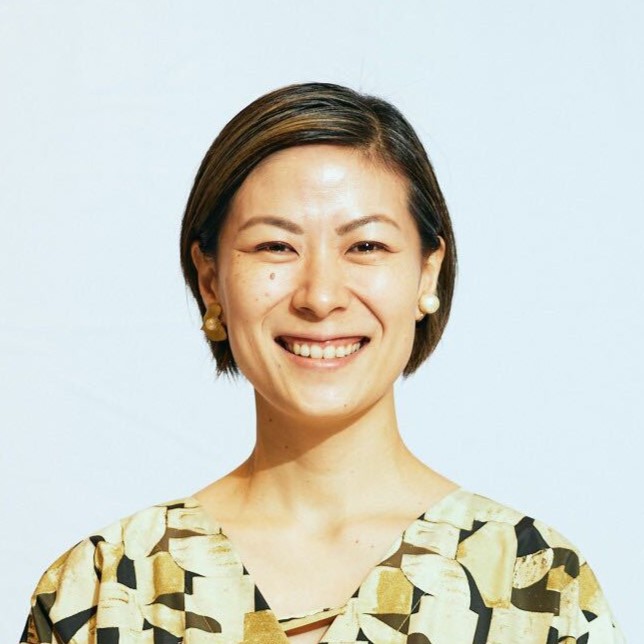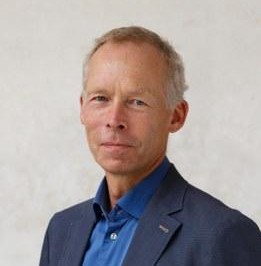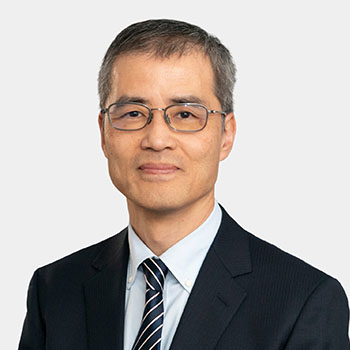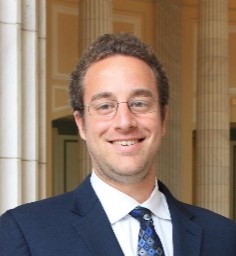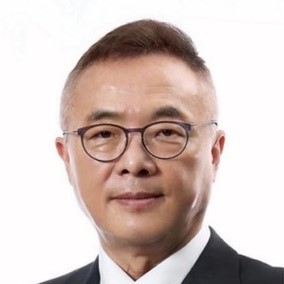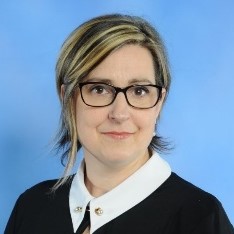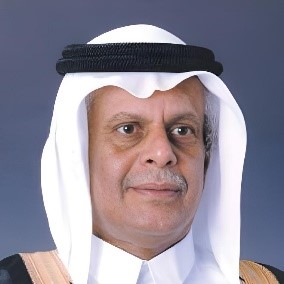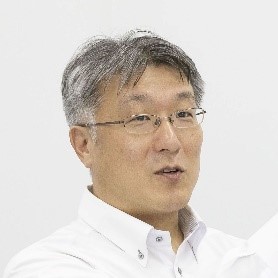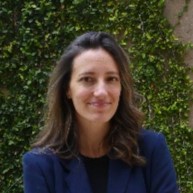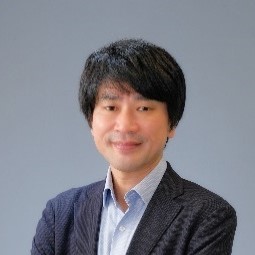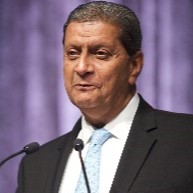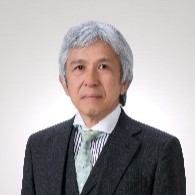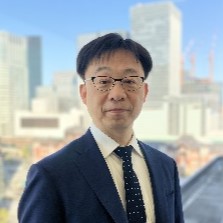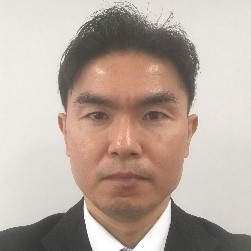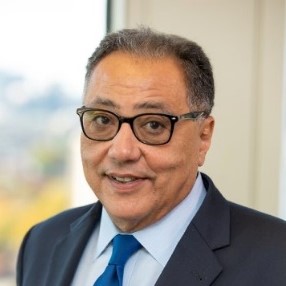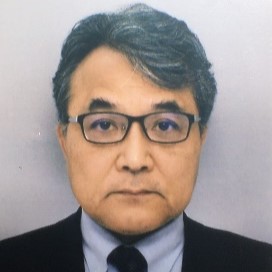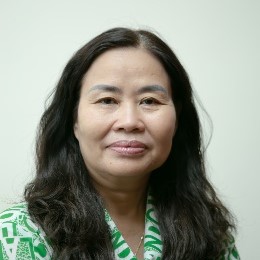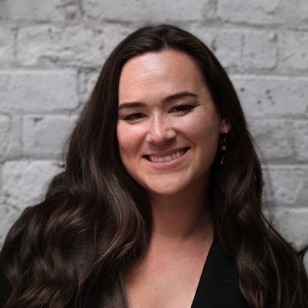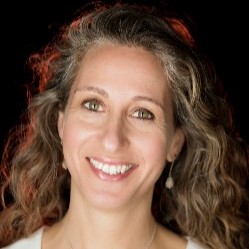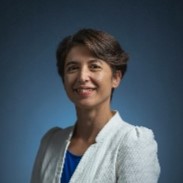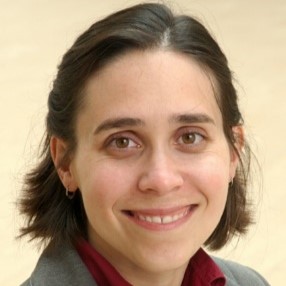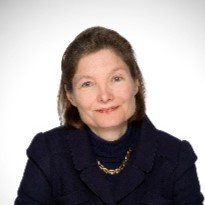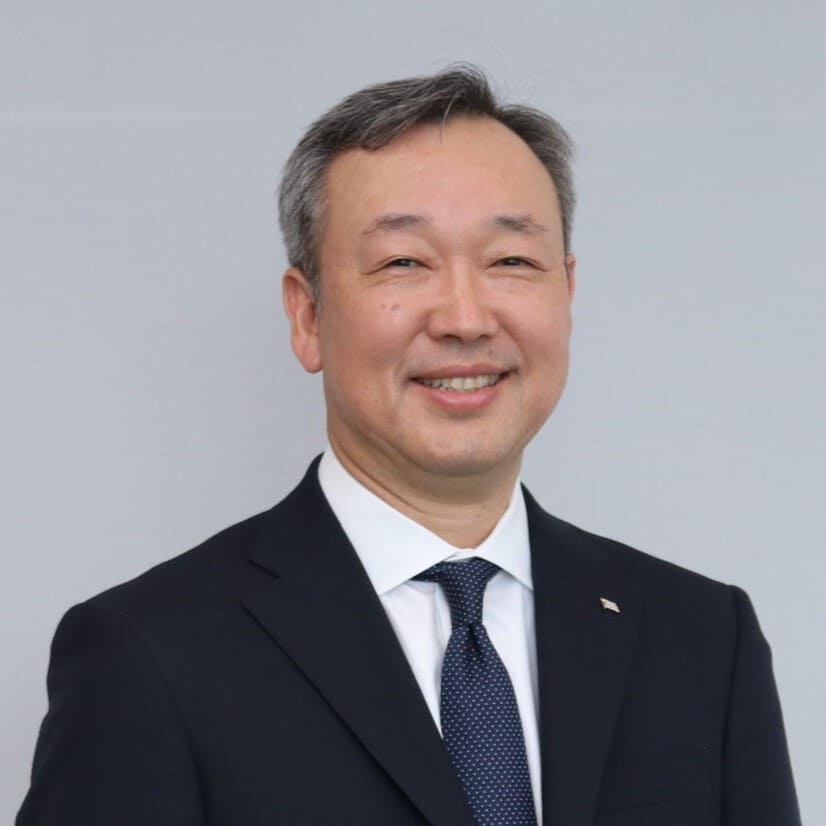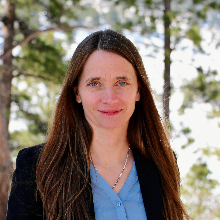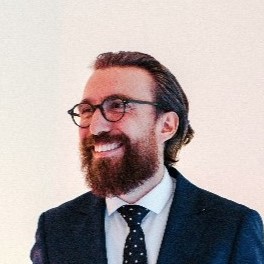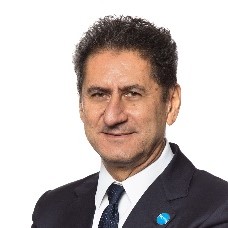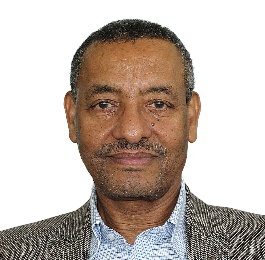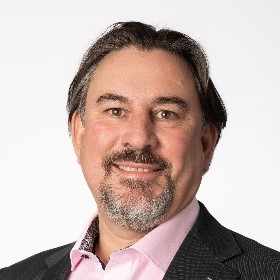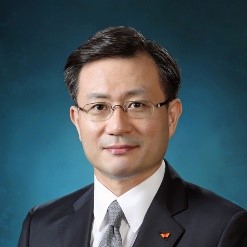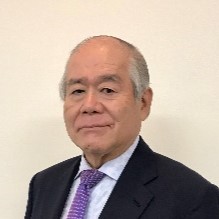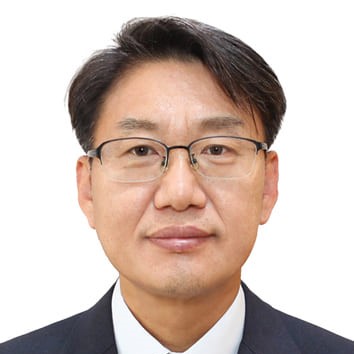ICEF2023 Program
Innovation for Just, Secure and Sustainable
Global Green Transformation (GX)
Innovation for Just, Secure and Sustainable
Global Green Transformation (GX)
Wednesday, October 4 - Thursday, October 5
- Opening Session
-
- Other Events
- NEDO Green Innovation Fund Projects Symposium ”Carbon Neutral City achieved by Next-generation Photovoltaics”
- Carbon Dioxide Removal (CDR) “Initial demand creation towards the expansion of the CDR market”
- Conversation with Young-generation Innovators
- The Co-hosted Event by BloombergNEF “Global and Japanese Climate Transition Scenarios: Business Opportunities and Risks”
- The Co-hosted Event by UNIDO “Making just transitional changes towards deep decarbonisation in steel and cement industries - how to stimulate supply and demand for low to zero carbon products”
- Closing Session

Wednesday, October 4
Opening Session
9:30 - 9:45
Opening Session
Opening Remarks by
NISHIMURA Yasutoshi
(Minister of Economy, Trade and Industry, Japan)
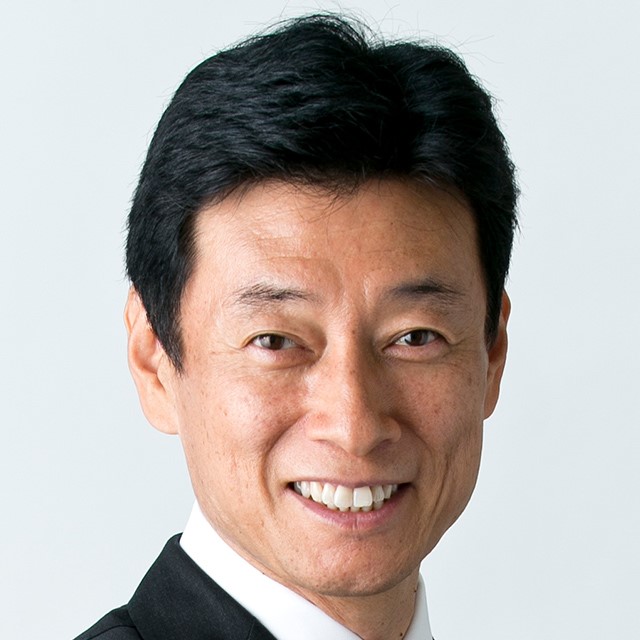
Opening Remarks by
TANAKA Nobuo
(Chair of ICEF Steering Committee)

Keynote 1
9:45 - 10:00
Keynote 1
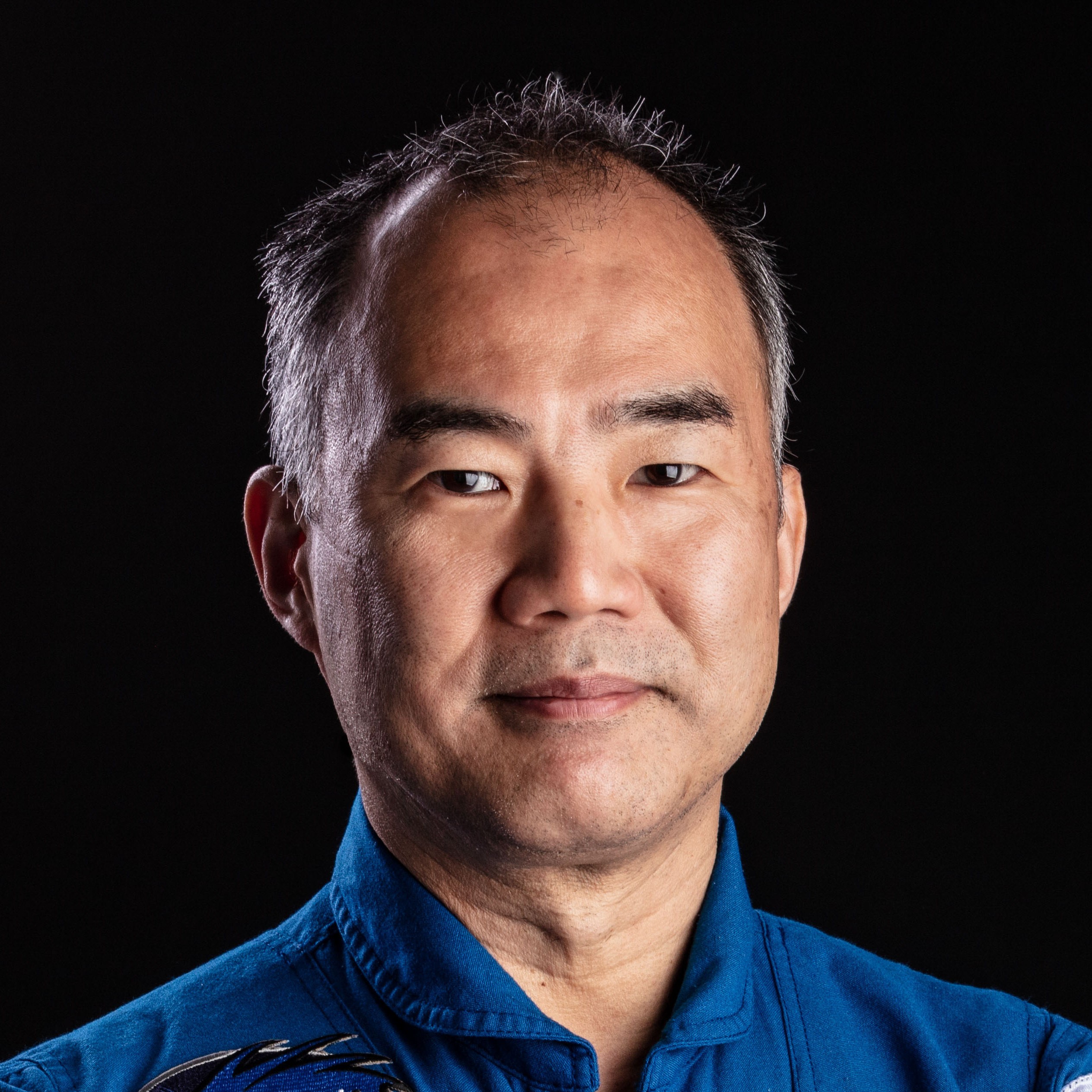
NOGUCHI Soichi
Astronaut, Entrepreneur;
CEO Miraispace Co., Ltd;
Professor, University of Tokyo;
Executive Chief Fellow, IISE
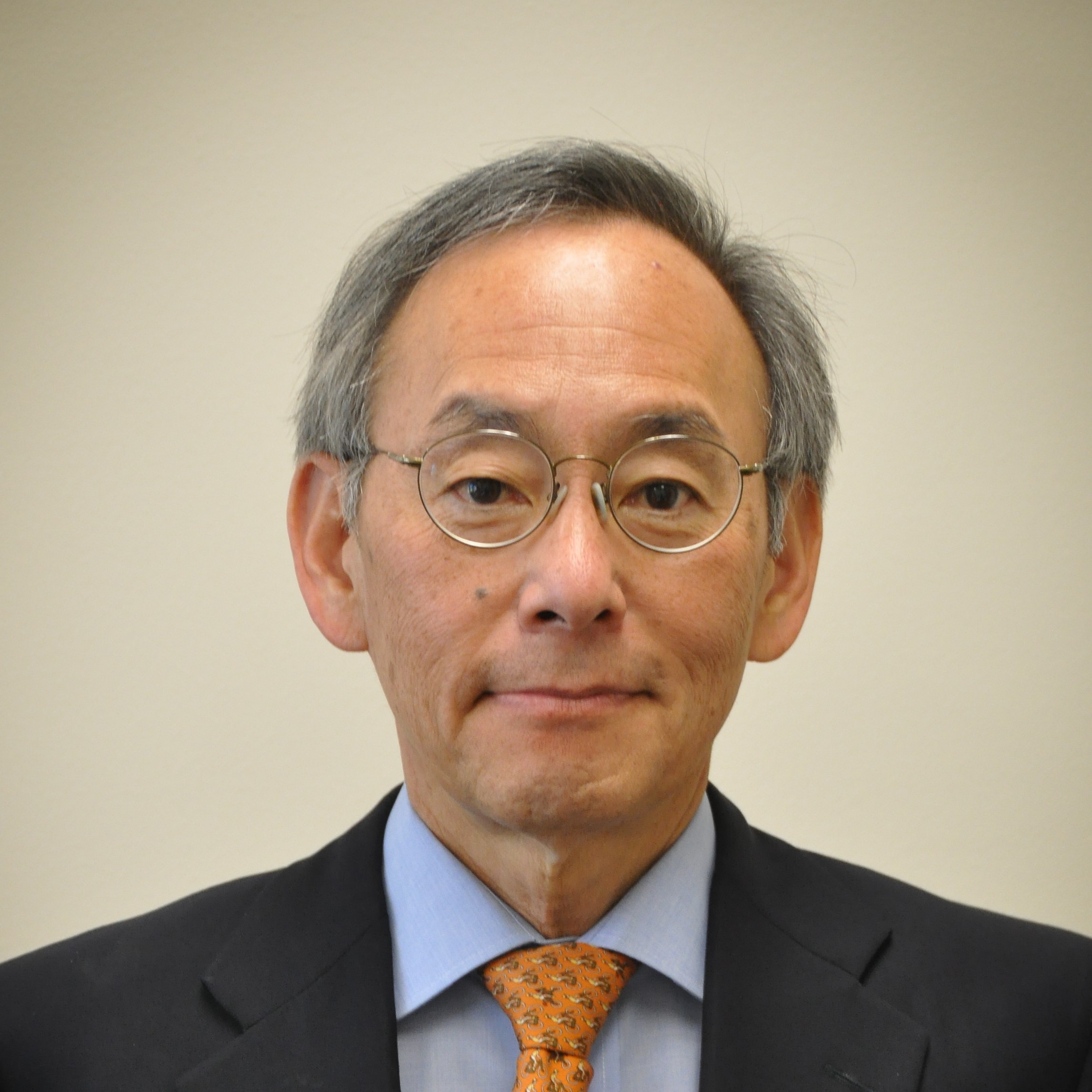
Steven Chu
Professor of Physics, Professor of Molecular and Cellular Physiology and Professor of Energy Science and Engineering, Department of Physics, Stanford University
Plenary Session 1
10:00 - 11:40
Speech by Jean-Eric Paquet (Ambassador, The European Union (EU) to Japan)
Innovative Policy Making
Soaring energy prices and the emergence of geopolitical risks have made national governments be aware of the importance of energy security. Consequently, major economies are promoting polies to increase the introduction of renewable energies and to diversify the energy supply portfolios.
At the same time, rising energy and material prices and emergence of geopolitical risks, on top of the increasing needs of climate actions, have forced the private sector to reconsider its businesses and value chains from a broad perspective. Some supply chains of green technologies can be found concentrated in a few places in the world, and it may pose a risk for the stability of supply chains.
As such, both public and private sectors are in the utmost needs to reconsider ways to secure supply chains of energy and resources, facing to the uncertainty and volatility of the global economy and geopolitics. Hence, this session will discuss challenges and opportunities for the innovative policy making at domestic and international levels as well as the potentials of cross-border cooperations for achieving green transition. Moreover, the ways to build secure supply chains of energy and resources in the current geopolitical situation will be explored.
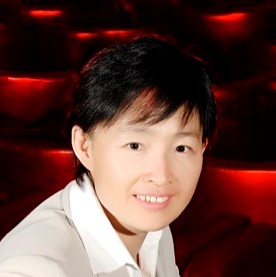
Changhua Wu
ICEF Steering Committee;
China /Asia Director, Office of Jeremy Rifkin;
Co-founder, Professional Association for China’s Environment;
Chief Strategist, CN Innovation;
Vice Chair, Governing Council, Asia Pacific Water Forum

TANAKA Nobuo
Chair, ICEF Steering Committee;
Former Executive Director, International Energy Agency (IEA);
CEO, Tanaka Global, Inc
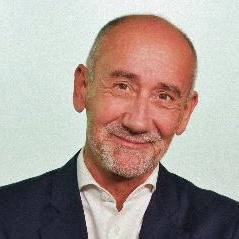
Jean-Eric Paquet
Ambassador, The European Union (EU) to Japan
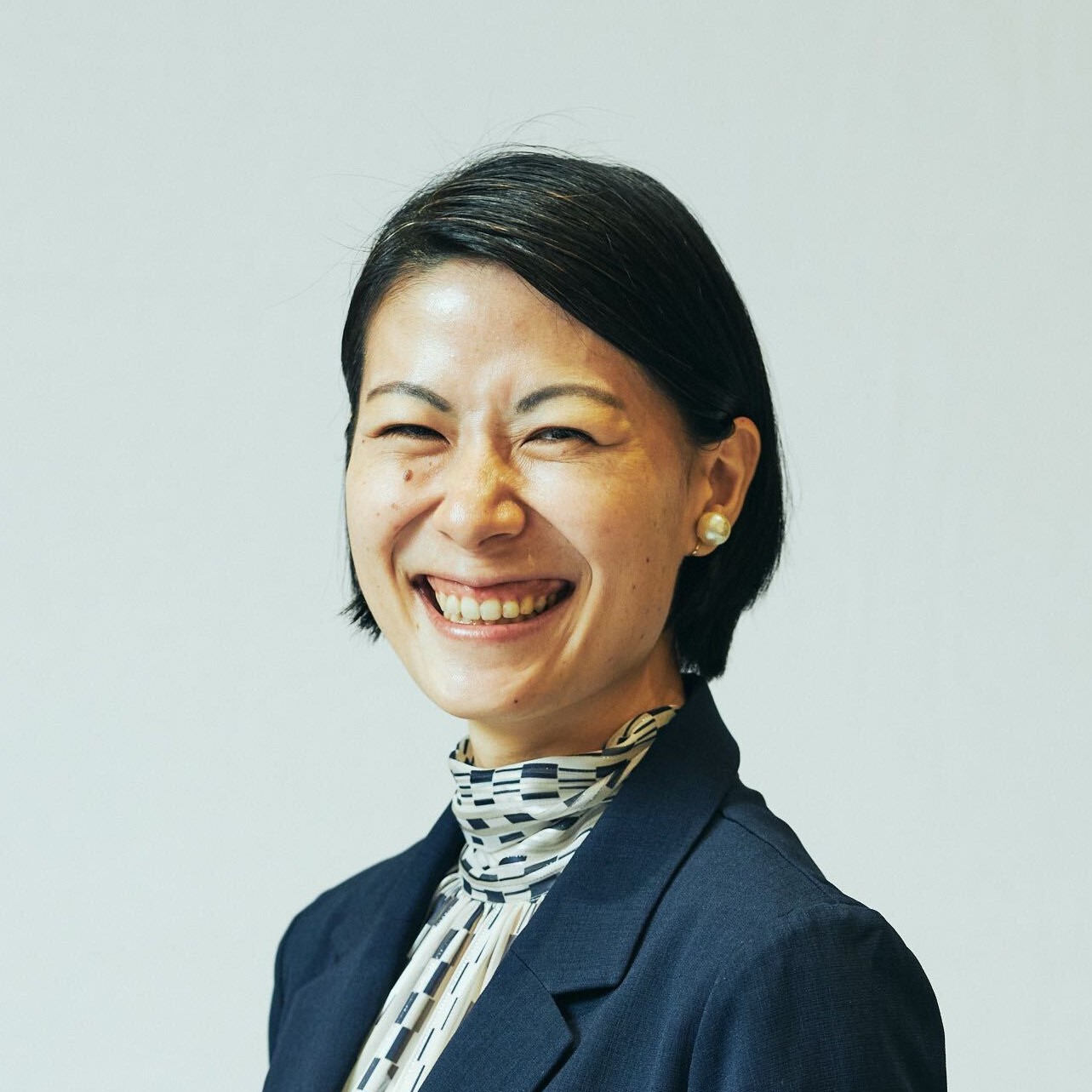
SAKANO Akira
Co-founder, Green innovation
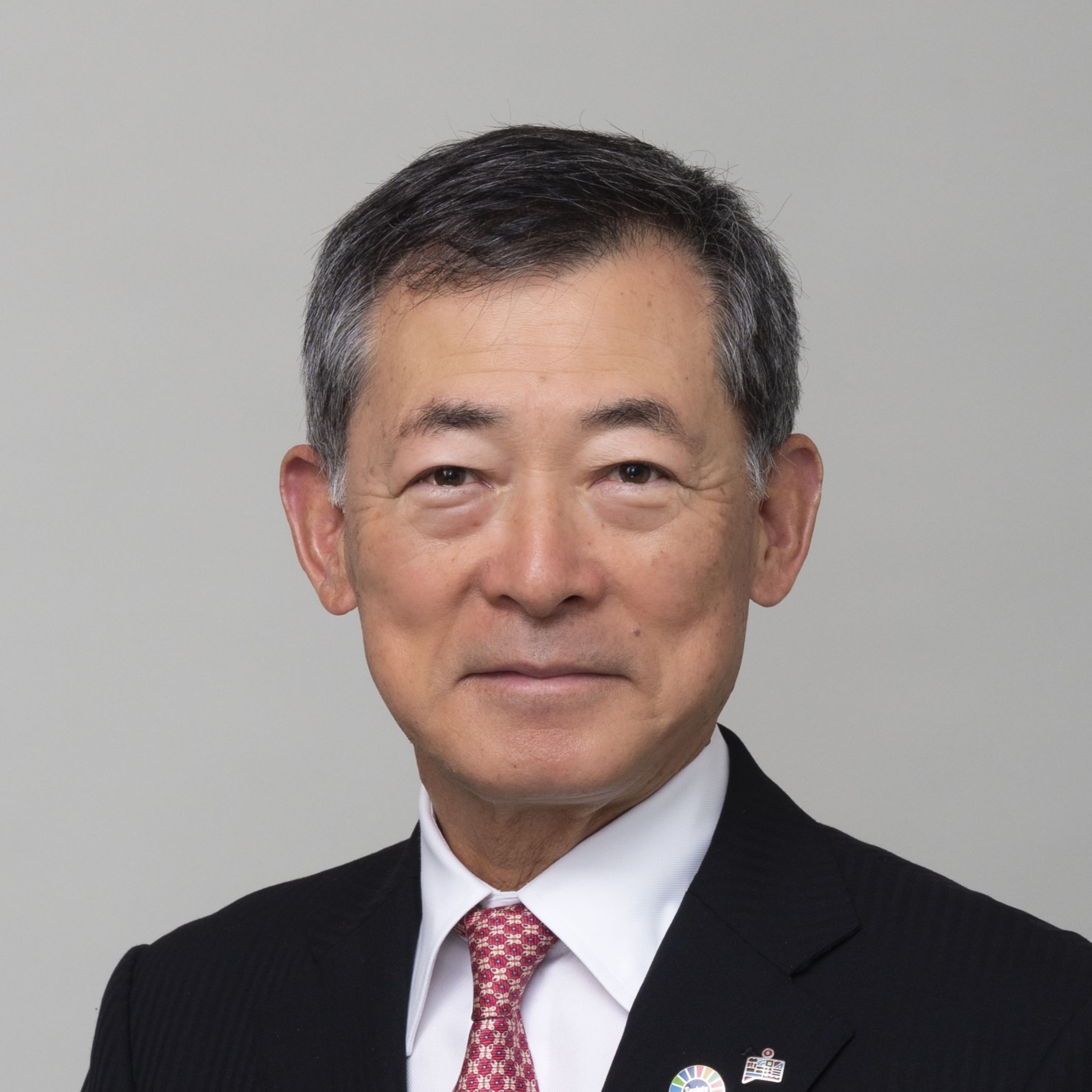
IMAI Masanori
Chairman and representative director, TODA CORPORATION

María Fernanda Espinosa Garcés
Former Minister of Foreign Affairs and of Defense of Ecuador;
Former President of the UN General Assembly
Executive Director, GWL Voices for Change and Inclusion
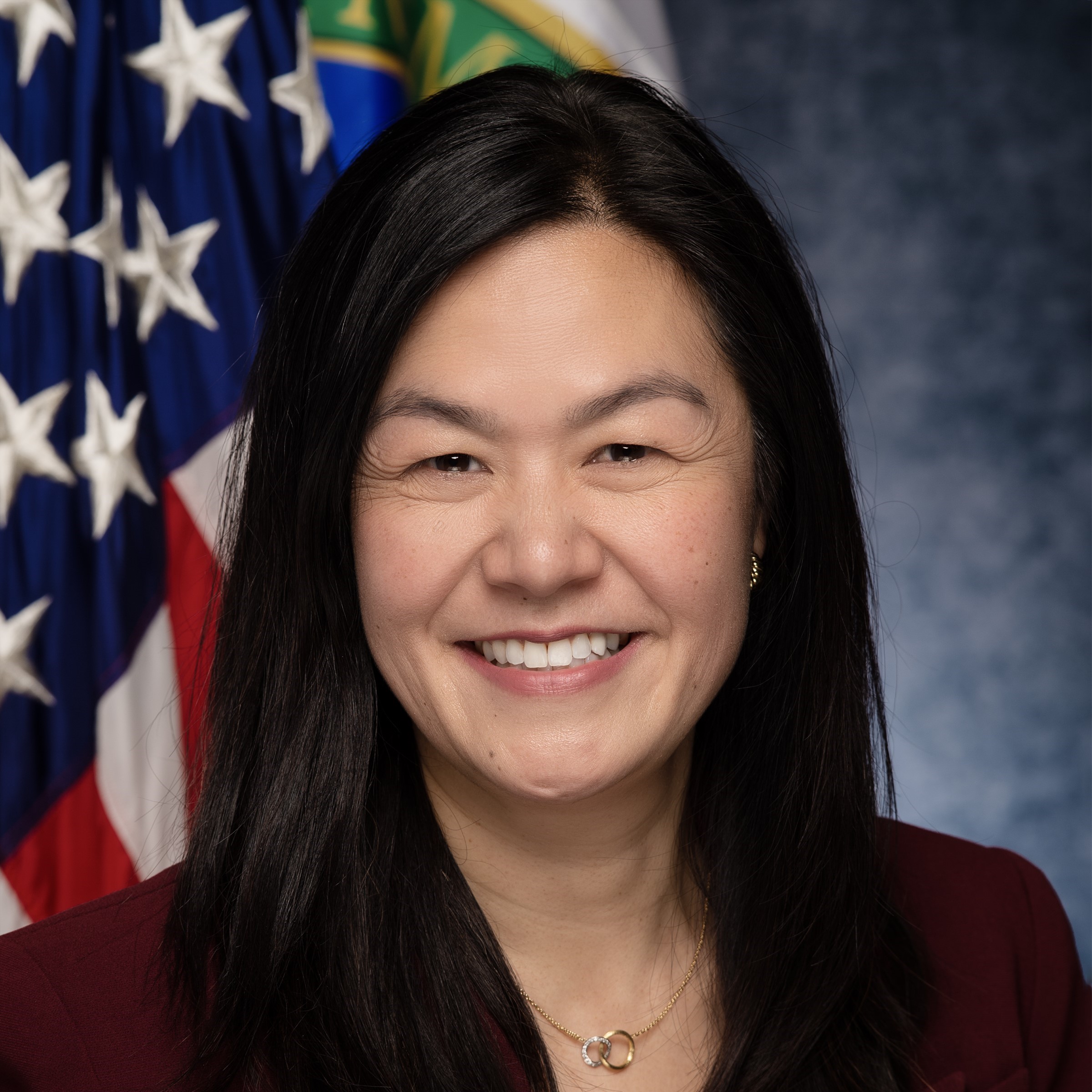
Evelyn Ning-Yi Wang
Director, Advanced Research Projects Agency-Energy (ARPA-E), U.S. Department of Energy

Henry Hooi Hing Lee
Founder,Volar Air Mobility
Keynote 2
13:05 - 13:10
Video Message by the Director General of UNIDO, Mr. Gerd Müller
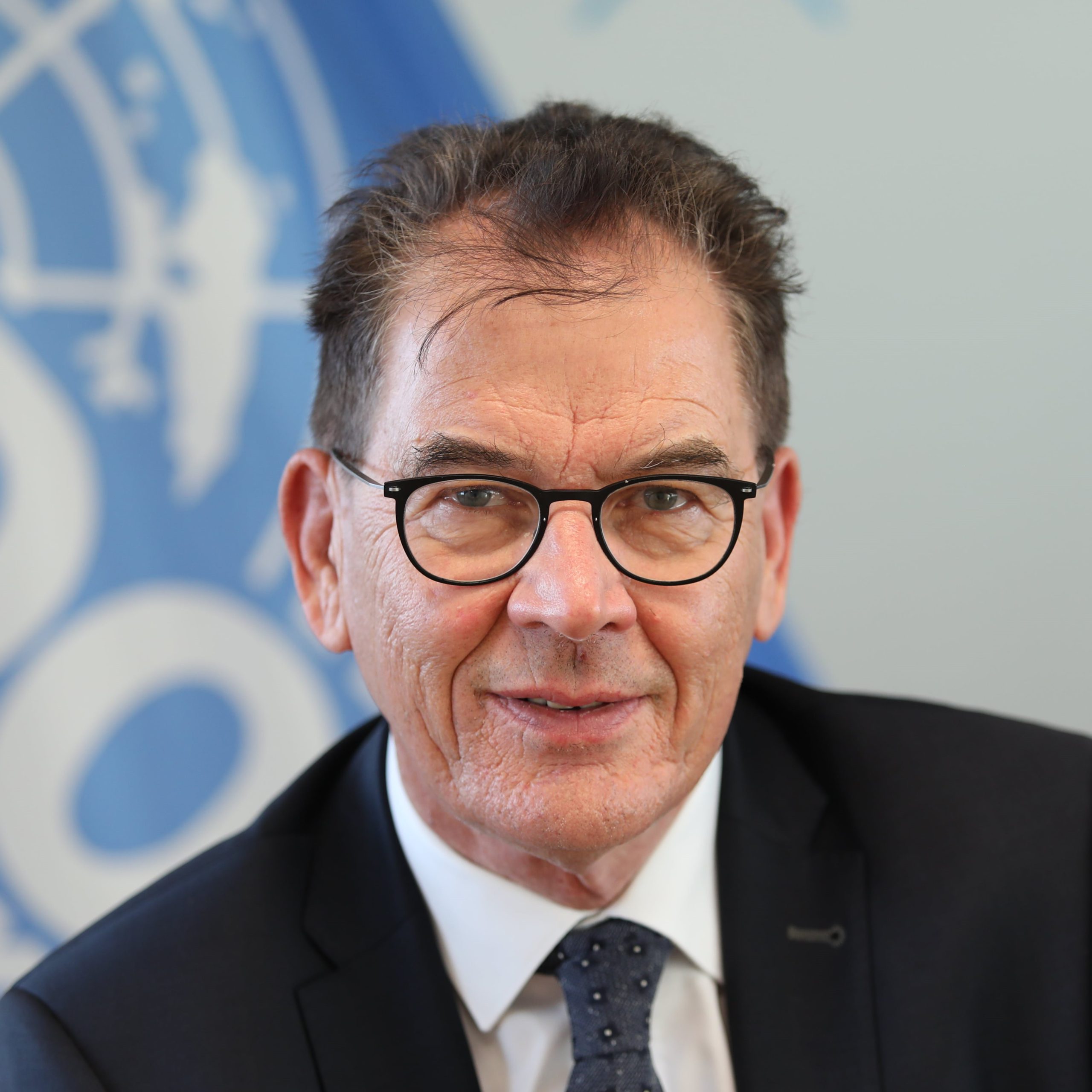
Gerd Müller
Director General, United Nations Industrial Development Organization (UNIDO)
Keynote 3
13:15 - 14:15
Keynote 3

TANAKA Nobuo
Chair, ICEF Steering Committee;
Former Executive Director, International Energy Agency (IEA);
CEO, Tanaka Global, Inc

Andrew Zachary Fire
Professor, Pathology and Genetics, Stanford University School of Medicine

Paul Maxime Nurse
Director, The Francis Crick Institute
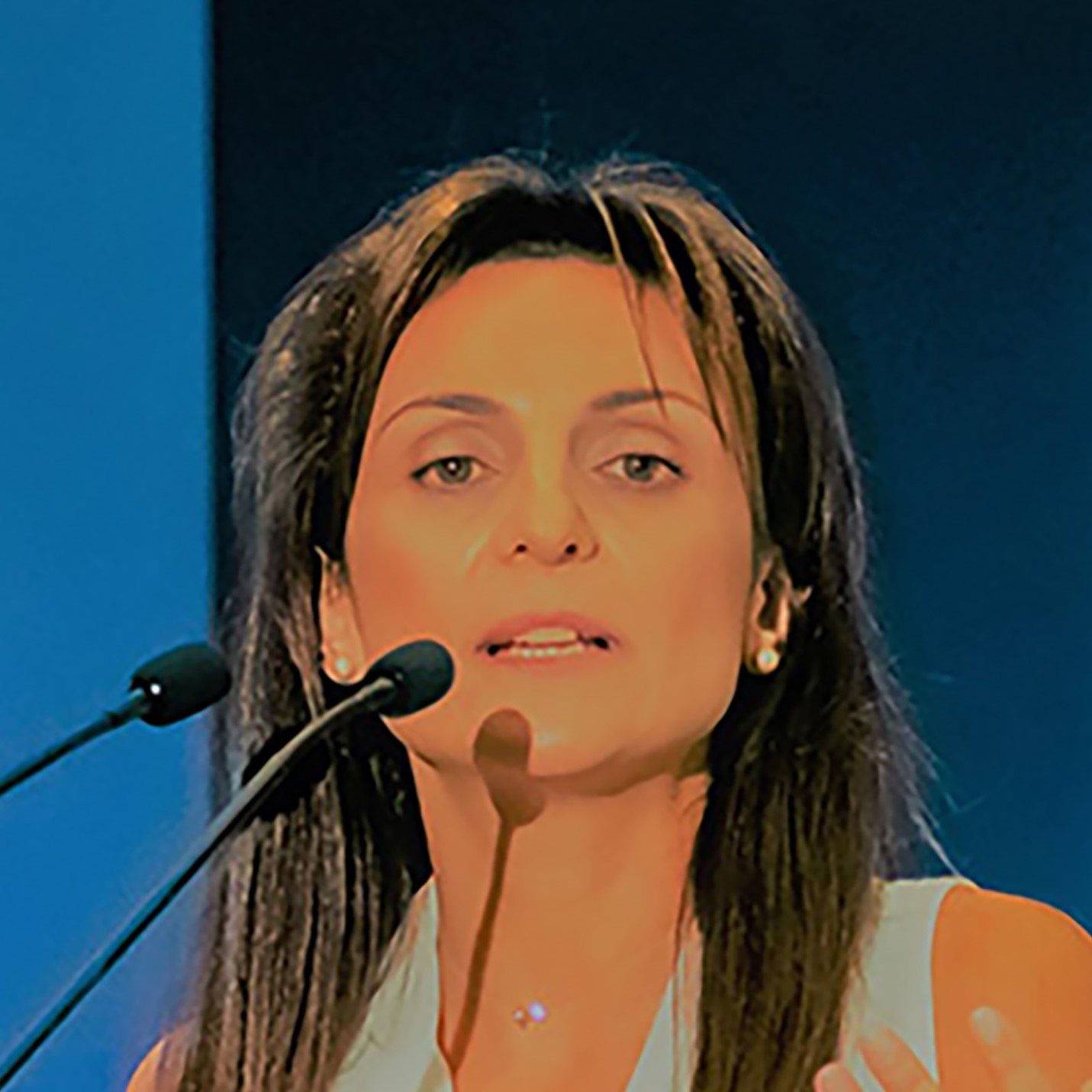
Phoebe Koundouri
Professor, Athens University of Economics and Business and Technical University of Denmark

Marcia McNutt
President, U.S. National Academy of Sciences
Plenary Session 2
14:30 - 16:00
GX Together
Green Transformation (GX) with everyone together (Just Transition) is the key to sustainability and climate equity, and it’s necessary to carry out a global transition with this concept in mind. It means that no one should be left behind, both in the process and in the outcome of the transition. Hence, it’s critical that the world thrive to create a future in which the benefits and burdens of the transition are equally distributed according to social equity.
This session will discuss ways for realizing inclusive transition by considering all nations regardless of the degree of economic development as well as all industries regardless of their carbon intensity. By creating the world that appropriately benefit the most disadvantaged and workers in the fossil fuel industry, and so forth, it will lead to climate equity and economic, social, and environmental sustainability.

Jon David Moore
ICEF Steering Committee;
Chief Executive Officer, BloombergNEF

Hoesung Lee
ICEF Steering Committee;
Former Chair of the Intergovernmental Panel on Climate Change (IPCC)

Eija-Riitta Korhola
ICEF Steering Committee;
Delegate of the Consultative Commission for Industrial Change European Economic and Social Committee
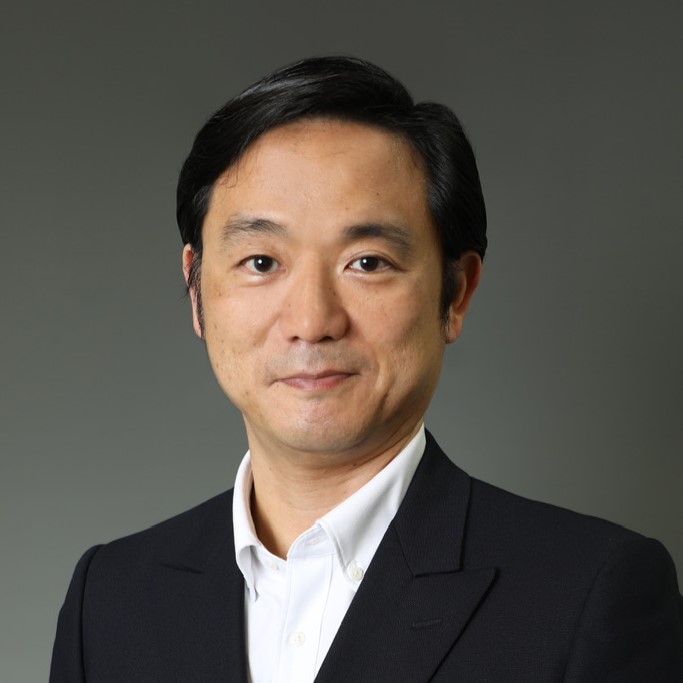
ISHIKAWA Tomohiro
Chief Regulatory Engagement Officer, Mitsubishi UFJ Financial Group
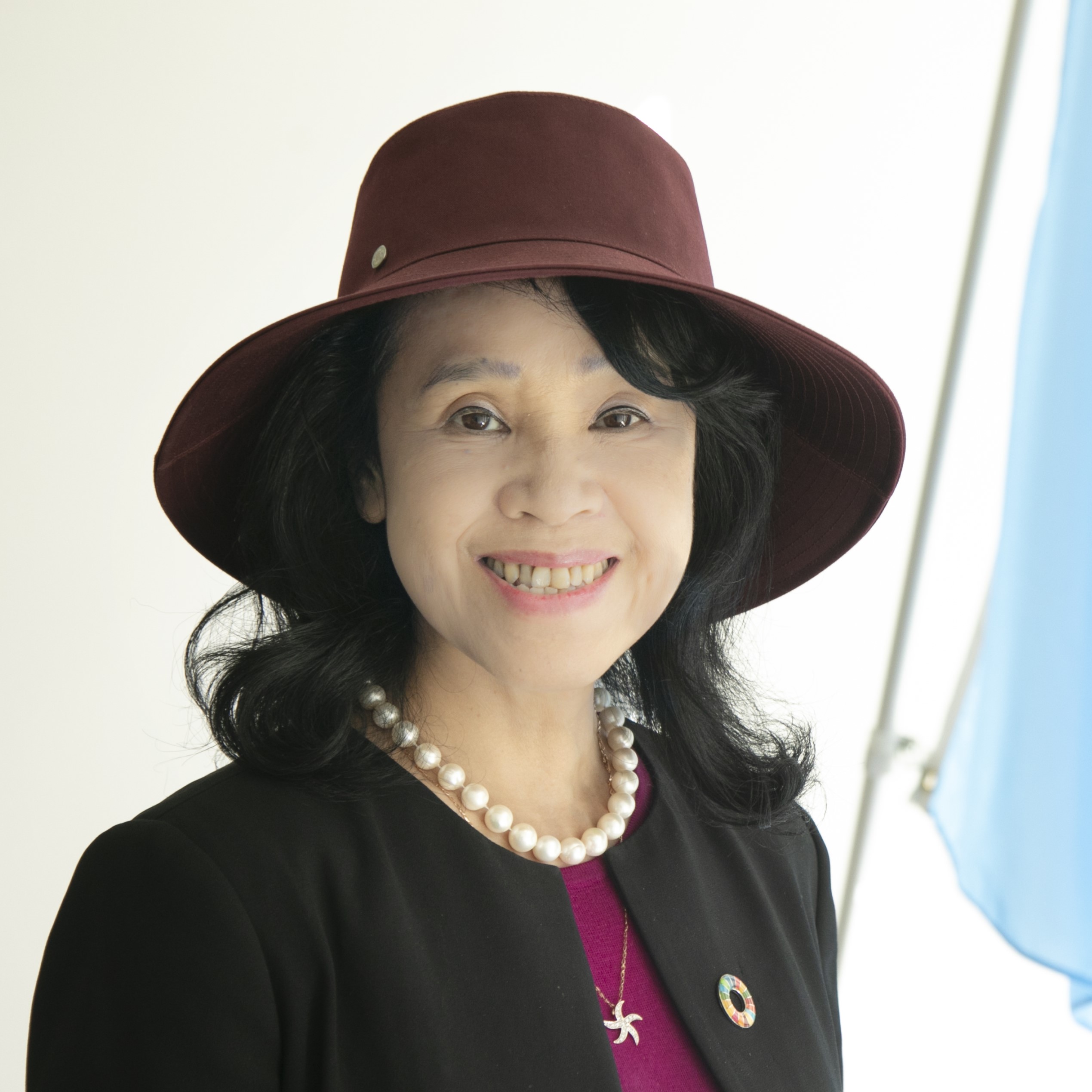
YAMAGUCHI Shinobu
Director, Institute for the Advanced Study of Sustainability, United Nations University
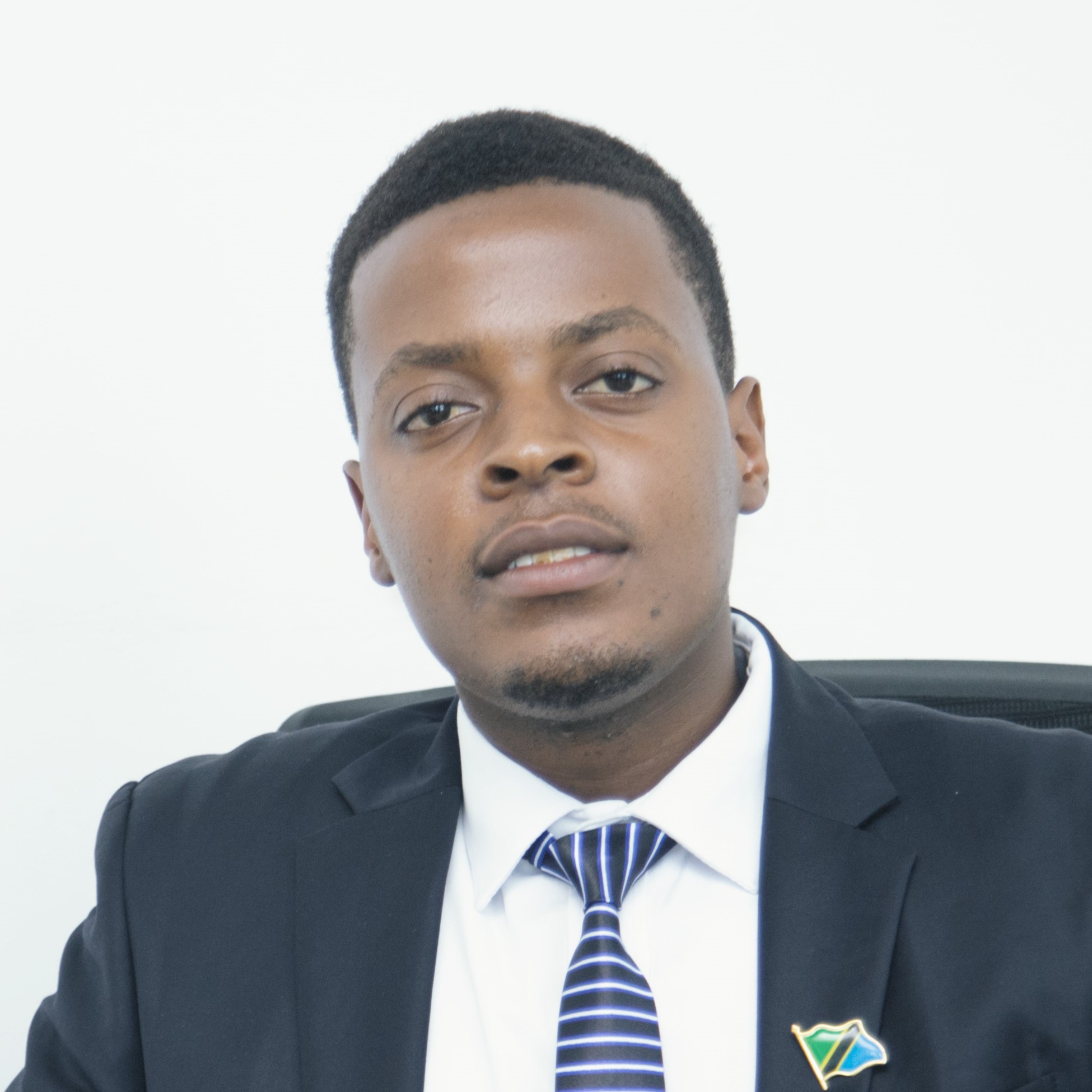
Humphrey Mrema
Chairman, Youth Survival Organization
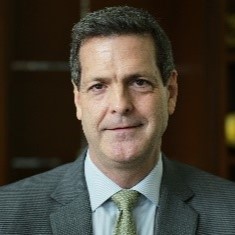
Andrew Jeffries
Just Energy Transition Partnership (JETP) Advisor, Energy Sector Office, Asian Development Bank
Concurrent Session 1
16:15 - 17:15
Global Stocktake
Global Stocktaking, stipulated in Article 14 of the Paris Agreement, is a mechanism to assess the progress of global efforts to reduce greenhouse gas emissions. The work began at COP26 in 2021, collecting information on each country's progress. A report at COP28 will follow three technical dialogues. The Global Stocktake report is an important report that countries will raise their Nationally Determined Contributions. The first technical dialogue, held in June 2022, concluded that even if countries' NDCs are implemented, greenhouse gas emissions will increase from what they are now, using up most of the carbon budget to limit the temperature increase to within 1.5°C by 2030.
During ICEF 2023, just two months before the Global Stocktake report at COP28, we will present the discussions, scientific assessments, and recommendations from technical dialogues and discuss how to accelerate our actions.
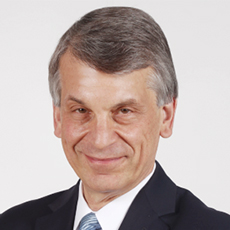
David Sandalow
ICEF Steering Committee;
Inaugural Fellow, Center on Global Energy Policy, Columbia University;
Co-Director, Energy and Environment Concentration, School of International and Public Affairs, Columbia University

TSUKUI Akibi
Fellow, Institute for Global Environmental Strategies

Heather N. Maseko-Msyale
Programme Officer, UNFCCC

Petra Minnerop
Professor of International Law, Durham Law Shool, Durham University
Other Events
13:00 - 14:45
NEDO Green Innovation Fund Projects Symposium ”Carbon Neutral City achieved by Next-generation Photovoltaics”
Large-scale introduction of renewables is underway around the world with the aim of achieving carbon neutrality. One issue in such efforts is carbon neutrality in urban areas, where renewable energy installation locations are limited. One promising solution is practical application of lightweight, flexible, highly efficient next-generation photovoltaics that can be installed on house and building roofs with load constraints and unused walls and windows.
Perovskite photovoltaics are expected to be a next-generation photovoltaic that meets these conditions. After the first report of a perovskite solar cell was published in 2009, the record for cell-size conversion efficiencies surpassed 25% in the research stage. Further, perovskite modules are significantly lighter than other types, and can even be fabricated on flexible lightweight substrates.
In this session, we present an overview of R&D and demonstrations of perovskite photovoltaics in Japan’s “Green Innovation Fund Projects” and discuss implementation methods, mainly targeting dissemination in urban areas.
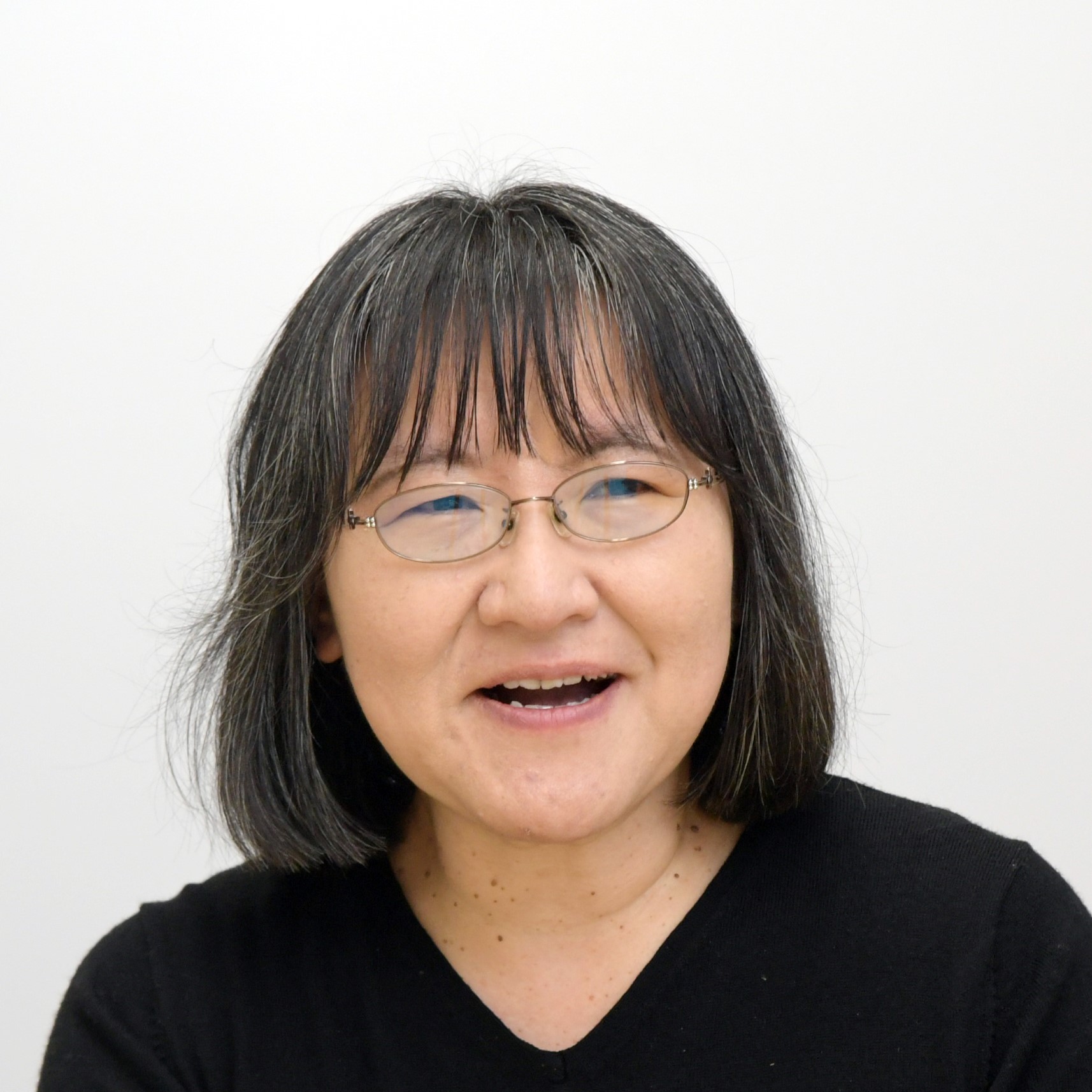
TAKAMURA Yukari
Professor, Institute for Future Initiatives, The University of Tokyo
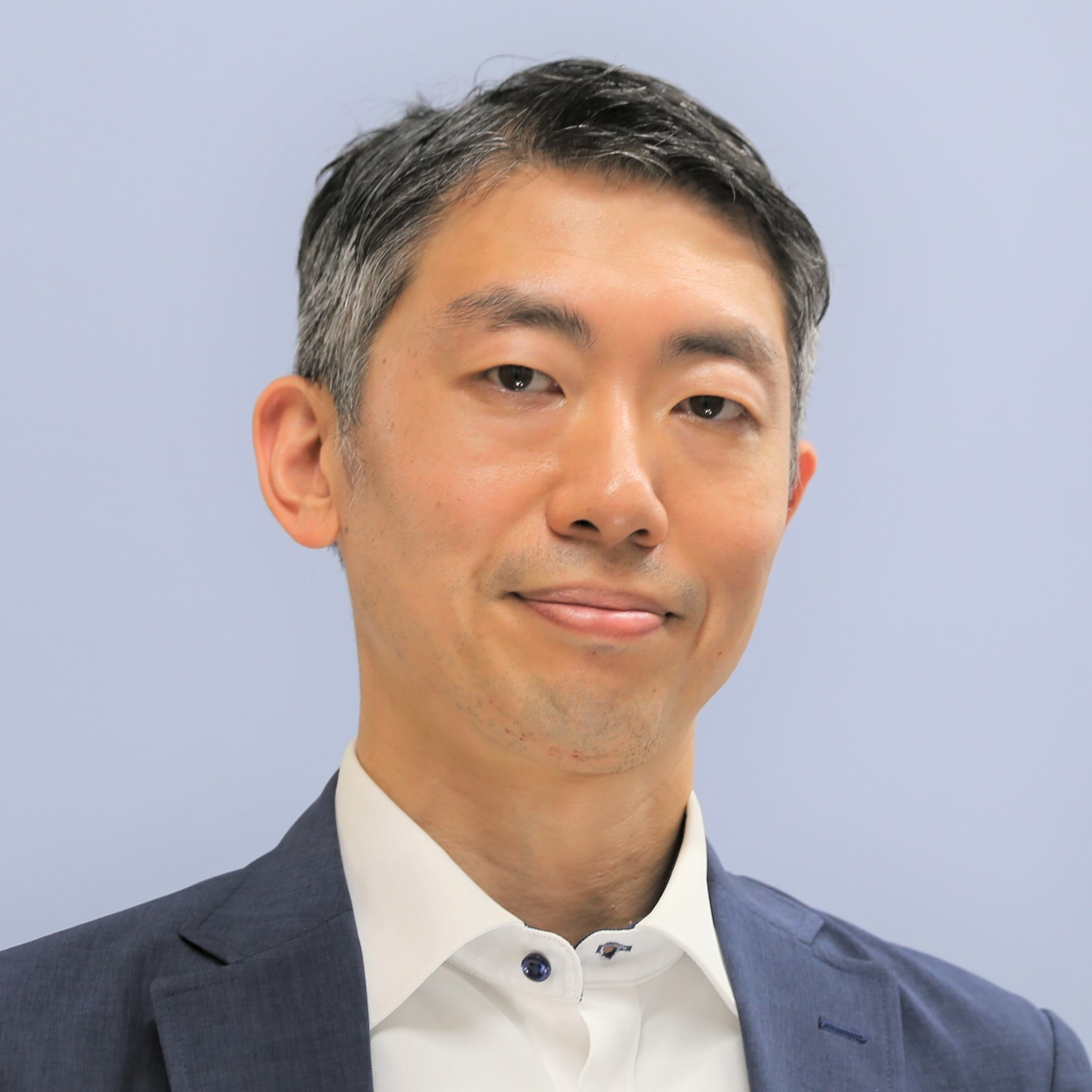
YAMAZAKI Mitsuhiro
Director, New Energy Technology Department, NEDO
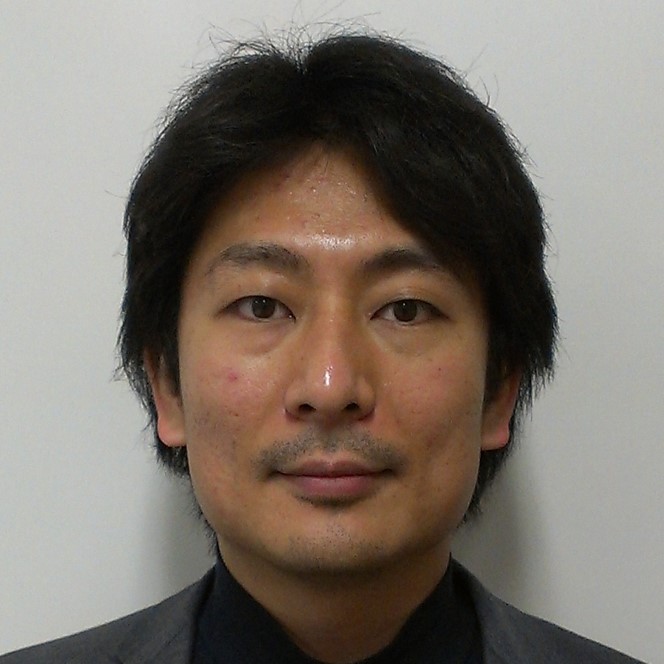
BESSHO Takeru
Section Manager, PV Group, R&D Center Corporate, Sekisui Chemical Company, Ltd.
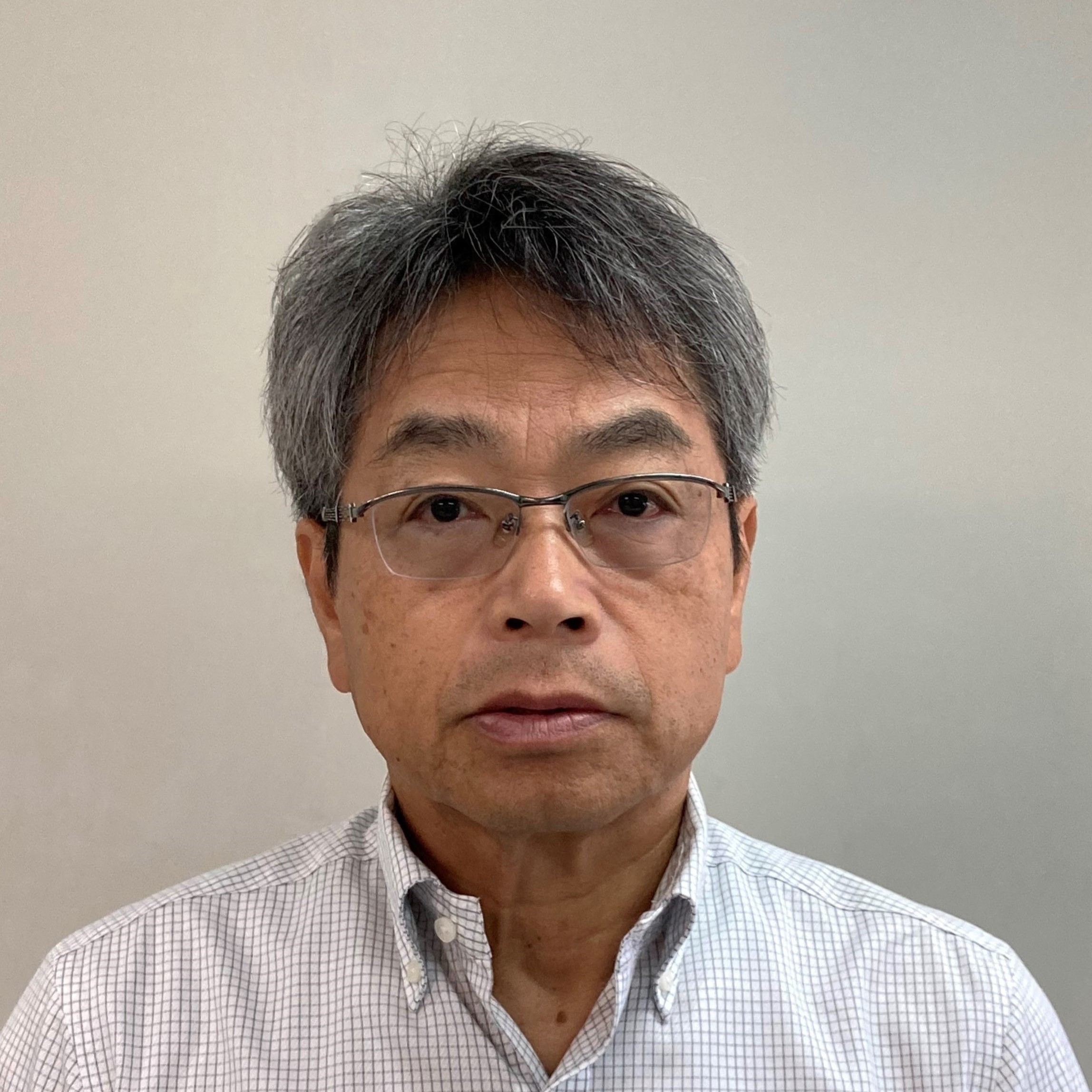
YAMAMOTO Kenji
Senior Officer, General Manager, Photovoltaic & Thin Film Device Research Laboratories, Kaneka Corporation
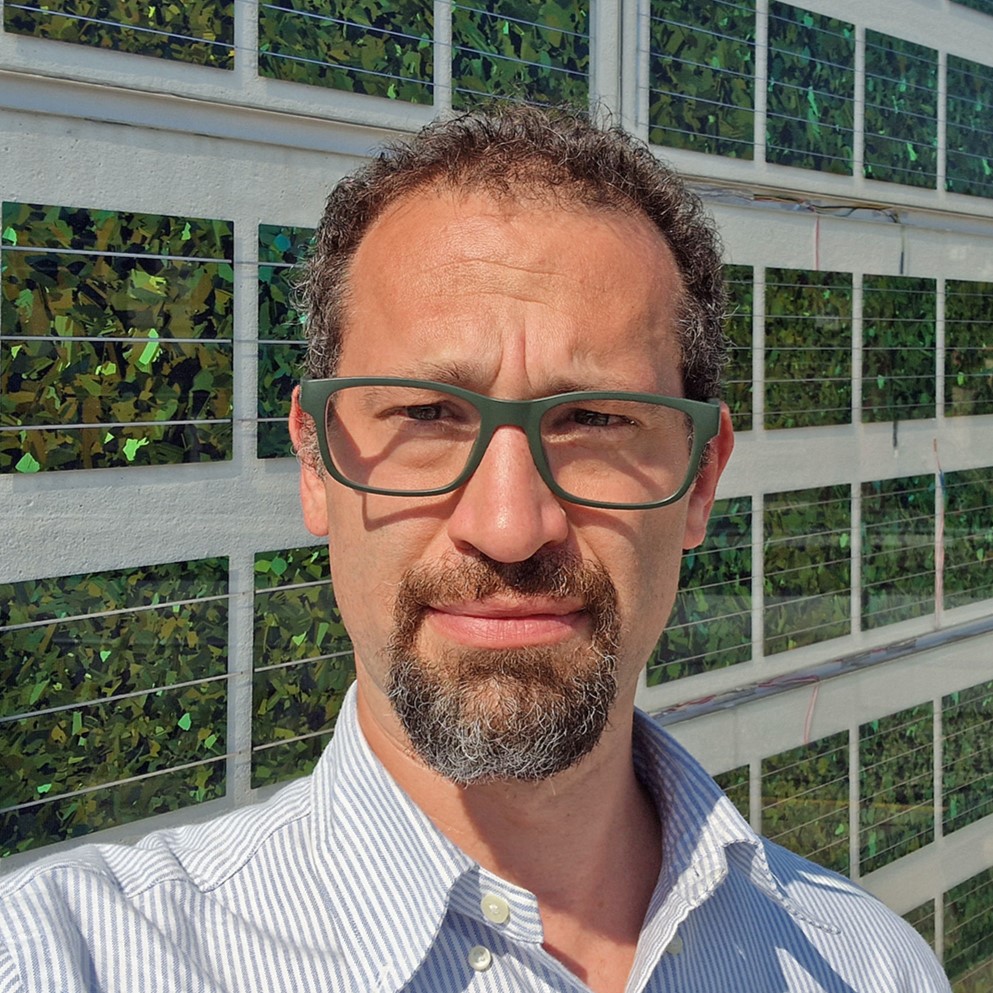
Francesco Frontini
Head of Building System Sector Department for Environment Construction and Design (DACD), University of Applied Sciences and Arts of Southern Switzerland (SUPSI)

Nguyen Minh Tien
Power Leader, Power Department, Thang Long Industrial Park (Vinh Phuc) Corporation
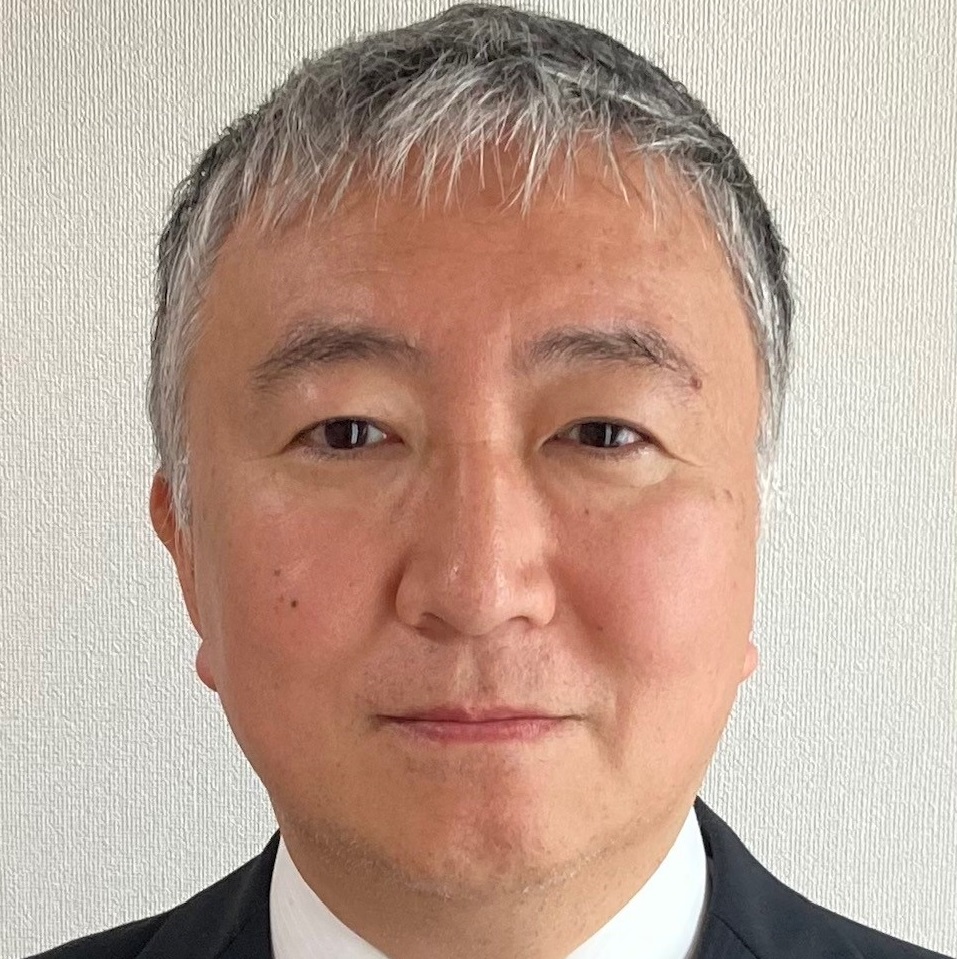
ANZAI Kazutaka
Deputy Director, New and Renewable Energy Division, Agency for Natural Resources and Energy
Other Events
15:00 - 16:00
Carbon Dioxide Removal (CDR) “Initial demand creation towards the expansion of the CDR market”
Carbon dioxide removal (CDR) is essential as a method of offsetting unavoidable CO2 emissions in order to achieve carbon neutrality by 2050. In addition to the technical difficulty of capturing CO2 from the atmosphere, CDR is more costly than reduction technology, making it difficult to create a market. To promote CDR, it is important to stimulate demand and expand the market.
In this session, we will focus on public and private sector efforts to expand the CDR market and discuss the measures that are required to promote early market expansion and the necessity of initial demand, while introducing relevant policy trends, the background of such efforts, and private sector examples from both the demand and supply sides.
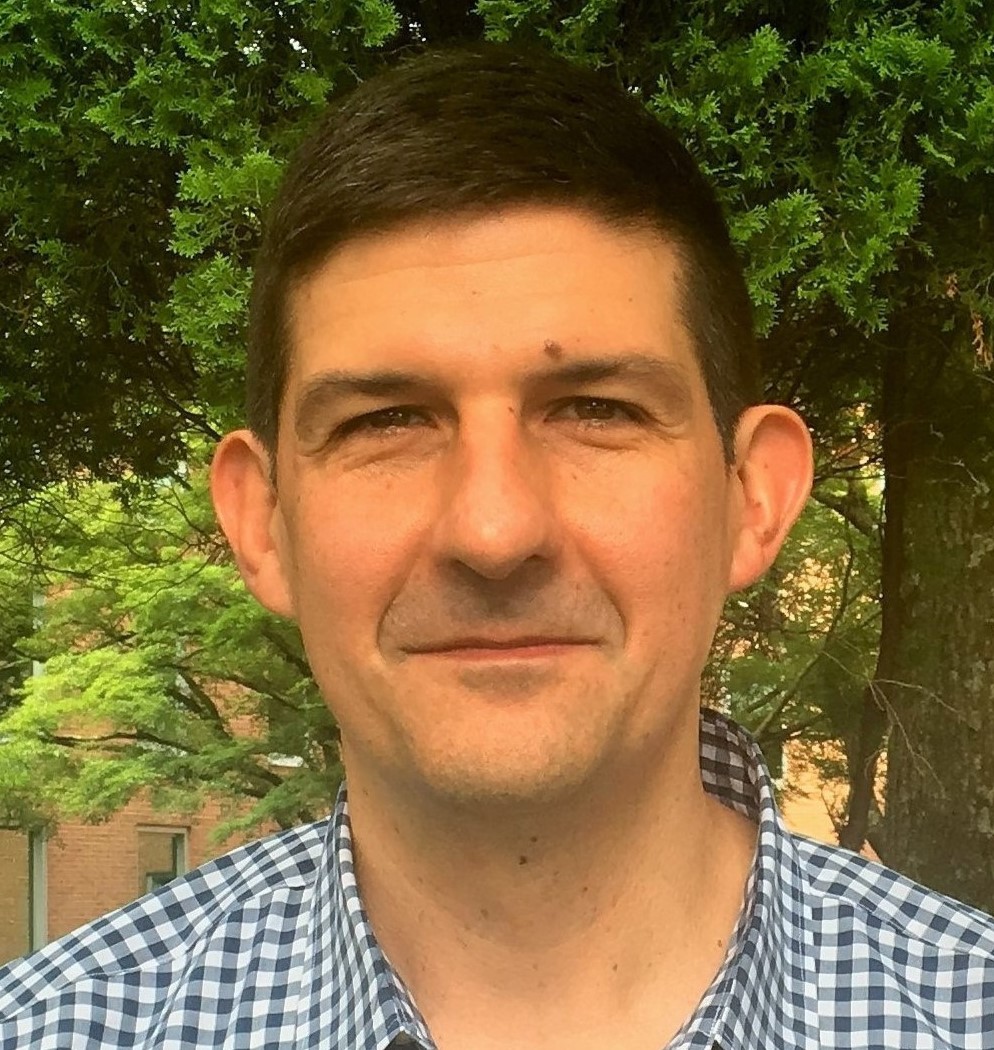
Mark Ackiewicz
Director, Office of Fossil Energy & Carbon Management, U.S. Department of Energy (DOE)
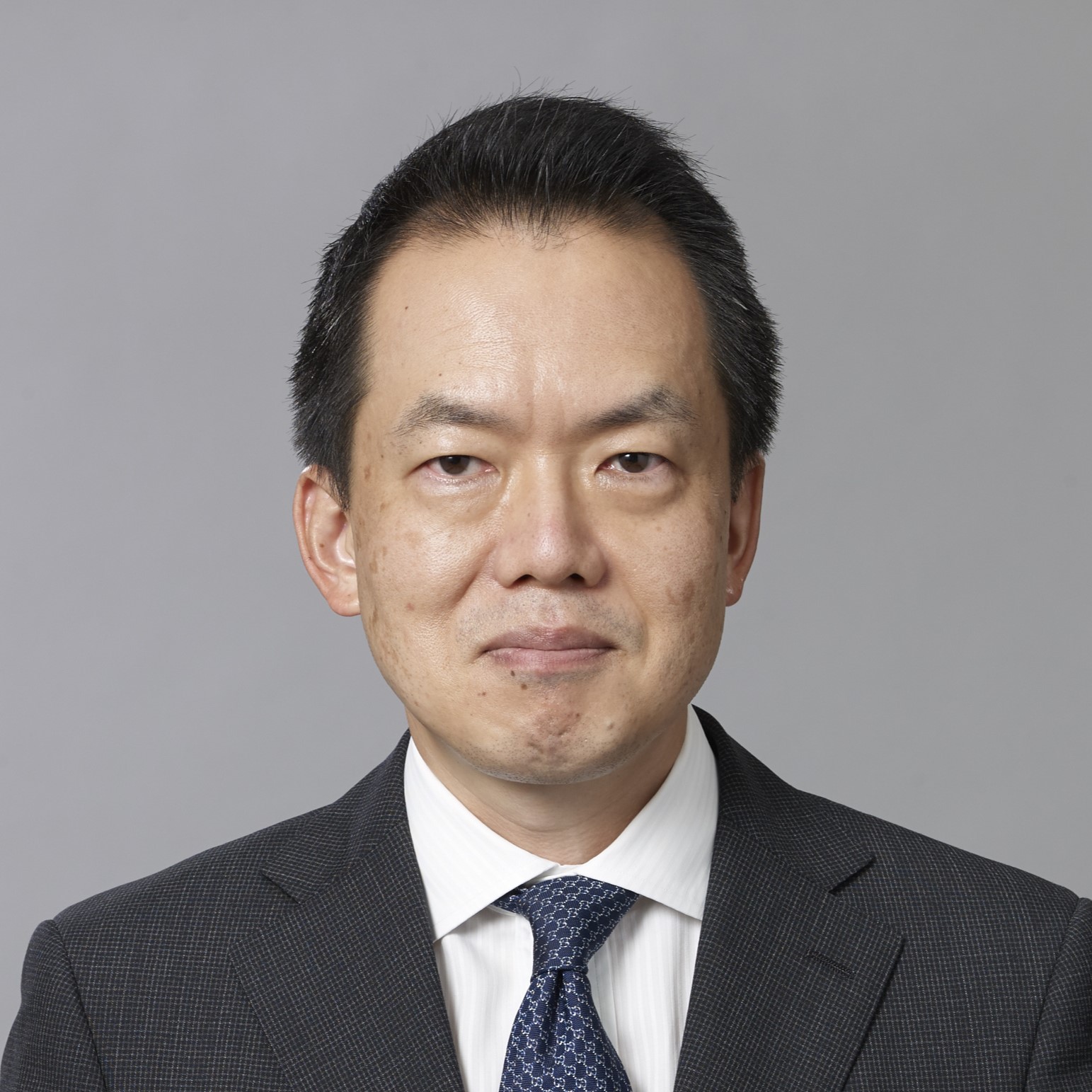
TANAKA Tetsuya
Deputy Director General, Industrial Science, Technology and Environment Policy Bureau, METI
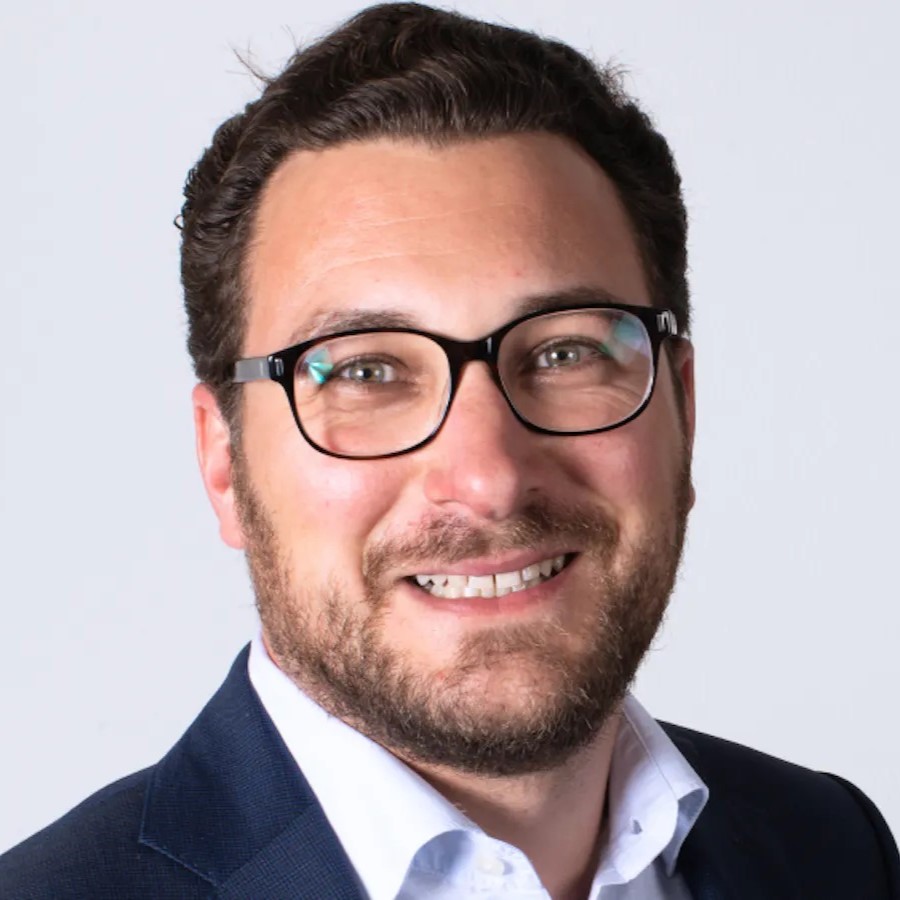
Christoph Beuttler
Chief Climate Policy Officer, Climate Policy, Climeworks
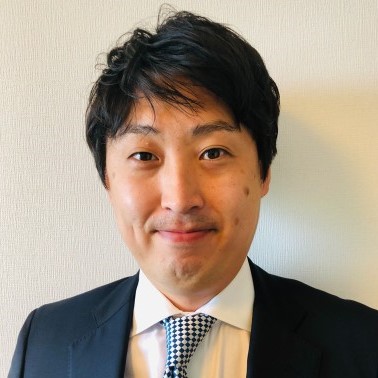
KOYAMA Masao
Head of Carbon Dioxide Removal,
Mitsubishi Corporation

KODA Kazura
Project Manager, Mitsui O.S.K Lines, Ltd.
Concurrent Session 2
16:15 - 17:15
Food, Water and Climate Change
The World Food Program (WFP) points out that after steadily declining for a decade, world hunger is on the rise, affecting nearly 10% of people globally. The scale of the current global hunger and malnutrition crisis is enormous, with more than 345 million people facing high levels of food insecurity in 2023 - more than double the number in 2020. This constitutes a staggering rise of 200 million people compared to pre-COVID-19 pandemic levels. Of those, more than 900,000 people worldwide are fighting to survive in “catastrophic hunger”, i.e. one step away from famine. This is ten times more than five years ago, an alarmingly rapid increase. The global community must not fail on its promise to end hunger and malnutrition by 2030.
Water security and food security have strong linkage to one another, and both are strongly affected by climate change, as more erratic cycles of drought and floods undermine the ability of hundreds of millions of poor people from growing their food. The Food and Agriculture Sector consumes about 2/3 of global water withdrawals, and in many poor developing countries, that figure even exceeds 80%. There are already billions of people in the world with very limited access to water and food, and those demands are expected to increase due to the growing population.
The Food and Agricultural Sector is currently a huge emitter of GHGs. But it could be a major contributor to Carbon Capture and Sequestration. Waste in the sector is large with as much as 30% of the food produced not reaching the consumer in many parts of the world. Movement towards precision agriculture, making best use of the new biology, remote sensing technologies and ICT, and deploying the new possibilities of AI, open enormous avenues for transforming this dire situation. Wiser policies and more effective practices at both local and regional scales should have great impacts on water and soil resources and on agricultural productivity.
This session will discuss sustainable agriculture and food security in relation to water, soil, and needed adaptation and resilience measures in relation to climate change. The session will also consider these questions from the standpoints of innovative technologies including start-ups, public initiatives at local and regional level, and global governance/international cooperation.
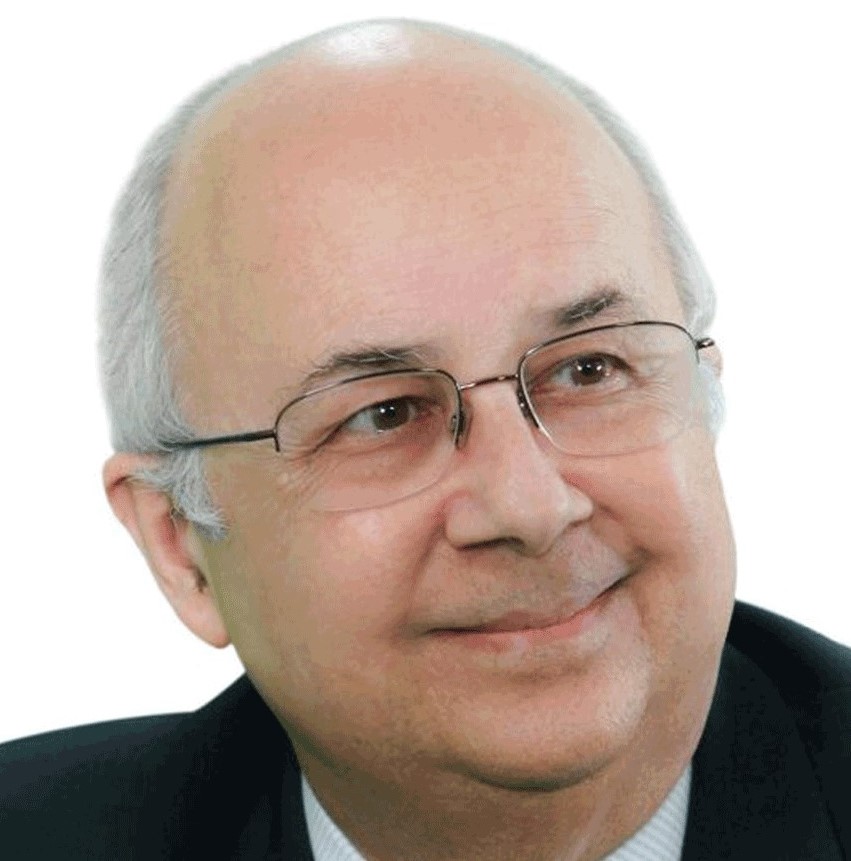
Ismail Serageldin
ICEF Steering Committee;
Co-Chair of the Board of Nizami Ganjavi International Center (NGIC);
Emeritus Librarian of Alexandria;
Former VP of the World Bank
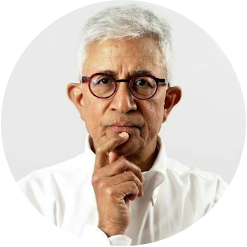
Valli Moosa
ICEF Steering Committee;
Head of the South African, Presidential Climate Commission;
Former President, International Union for Conservation of Nature and Natural Resources (IUCN)

Phoebe Koundouri
Professor, Athens University of Economics and Business and Technical University of Denmark
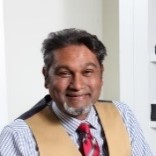
Dhesigen Pydiah Naidoo
Executive, Climate Adaptation and Resilience, Presidential Climate Commission
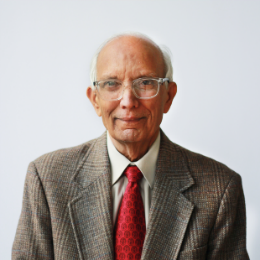
Rattan Lal
Distinguished University Professor and Director, CFAES Rattan Lal Center for Carbon Management and Sequestration, The Ohio State University

Faten Attig-Bahar
Steering Committee member, Future Earth Water-Energy-Food Nexus Global Research Network
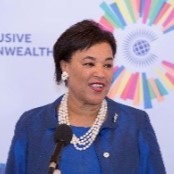
Patricia Scotland
Secretary-General of the Commonwealth
Thursday, October 5
Keynote 4
9:30 - 9:50
Dialogue between Dr. Fatih Birol (Executive Director of International Energy Agency (IEA)) and Mr. TANAKA Nobuo (Chair of ICEF Steering Committee)(Pre-recorded dialogue)
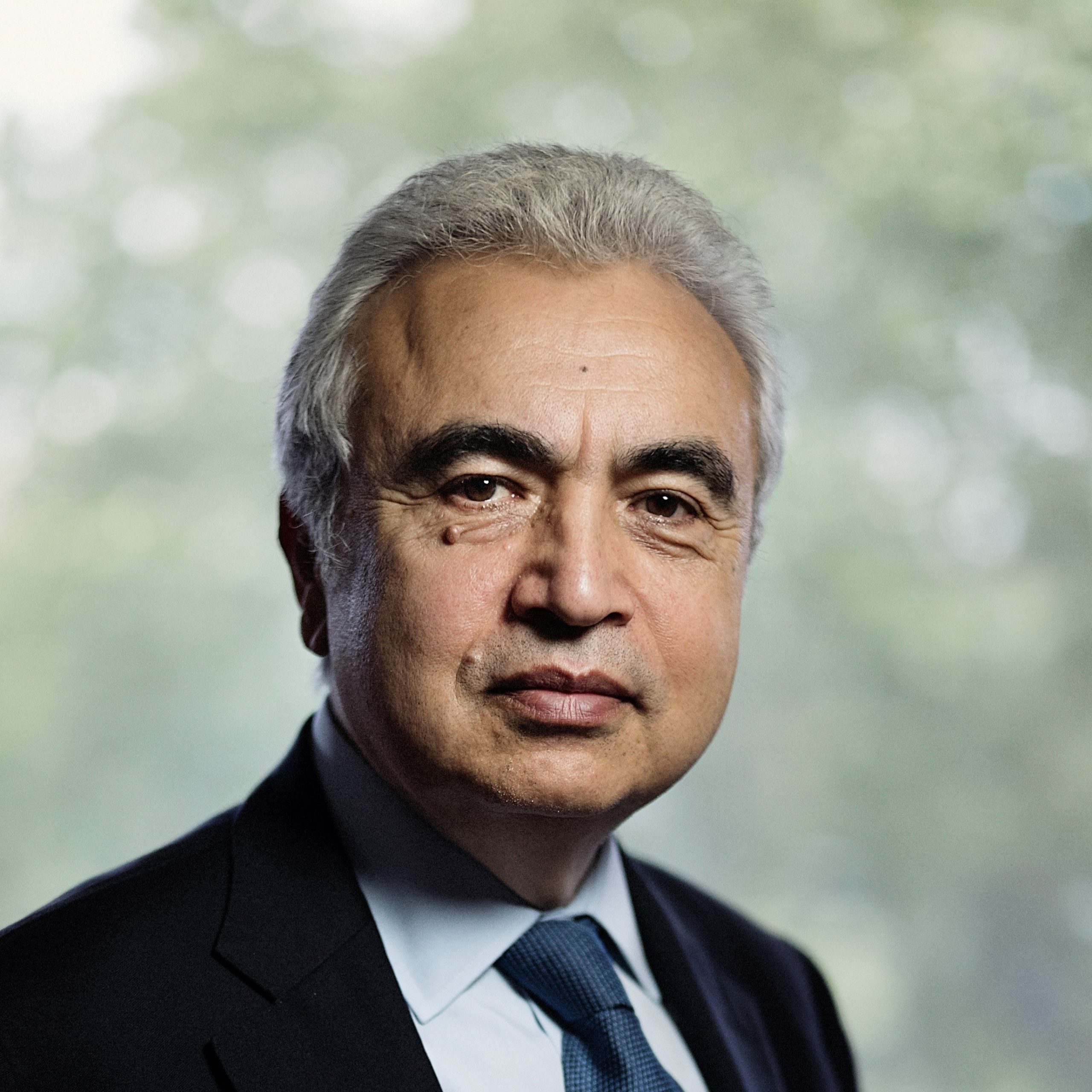
Fatih Birol
Executive Director, International Energy Agency (IEA)

TANAKA Nobuo
Chair, ICEF Steering Committee;
Former Executive Director, International Energy Agency (IEA);
CEO,Tanaka Global, Inc
Concurrent Session 3
10:00 - 11:00
Innovative Use of Renewables
The massive deployment of renewable energy is key to achieving carbon neutrality in 2050. The share of renewables in global electricity generation has increased rapidly, accounting for 29% in 2020. Both the IEA and IRENA point out that by 2050, almost 90% of electricity generation comes from renewable sources.
Technologies to harness renewable energy have been successfully scaled up to unlock their potential. Yet, some regions face challenges in increasing renewable energy deployment. These barriers often include land restriction, social acceptance, environmental conflict, and lack of funding. Innovative advancements have been seen in offshore wind power, which will allow the production of renewable power on a massive scale. Other innovations have been seen in the application of renewable technologies such as solar power or platforms that improve their accessibility, thus promoting their wider deployment.
Many renewable energy projects have been successfully developed with the strong engagement of local and indigenous communities and have contributed to improved livelihoods and women empowerment.
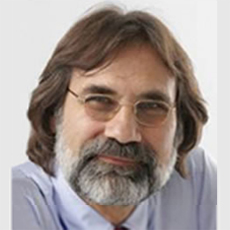
Nebojsa Nakicenovic
ICEF Steering Committee;
Vice Chair of the Group of Chief Scientific Advisors (GCSA) to the European Commission;
Honorary and Emeritus Scholar, International Institute
for Applied Systems Analysis (IIASA);
Emeritus Professor of Energy Economics, Vienna University of Technology (TU Wien)
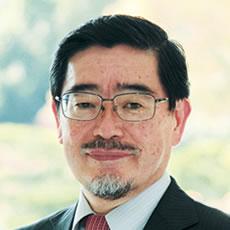
YAMAJI Kenji
ICEF Steering Committee;
President, Research Institute of Innovative Technology for the Earth (RITE);
Professor Emeritus, The University of Tokyo

KURODA Reiko
ICEF Steering Committee;
Designated Professor, Frontier Research Institute, Chubu University;
Professor Emeritus, The University of Tokyo;
Member, G7 GEAC (Gender Equality Advisory Council) 2023
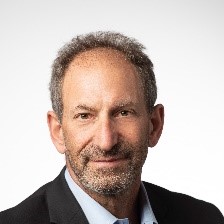
Douglas Arent
Executive Director, Strategic Public-Private Partnerships, The National Renewable Energy Laboratory

Rebecca Bregant
Co-founder & CMO, PineBerry
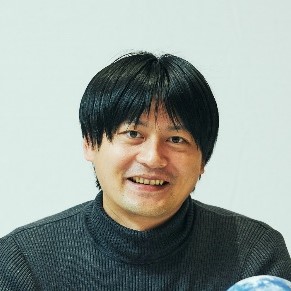
SANDO Akihiro
Senior Researcher,
Renewable Energy Institute
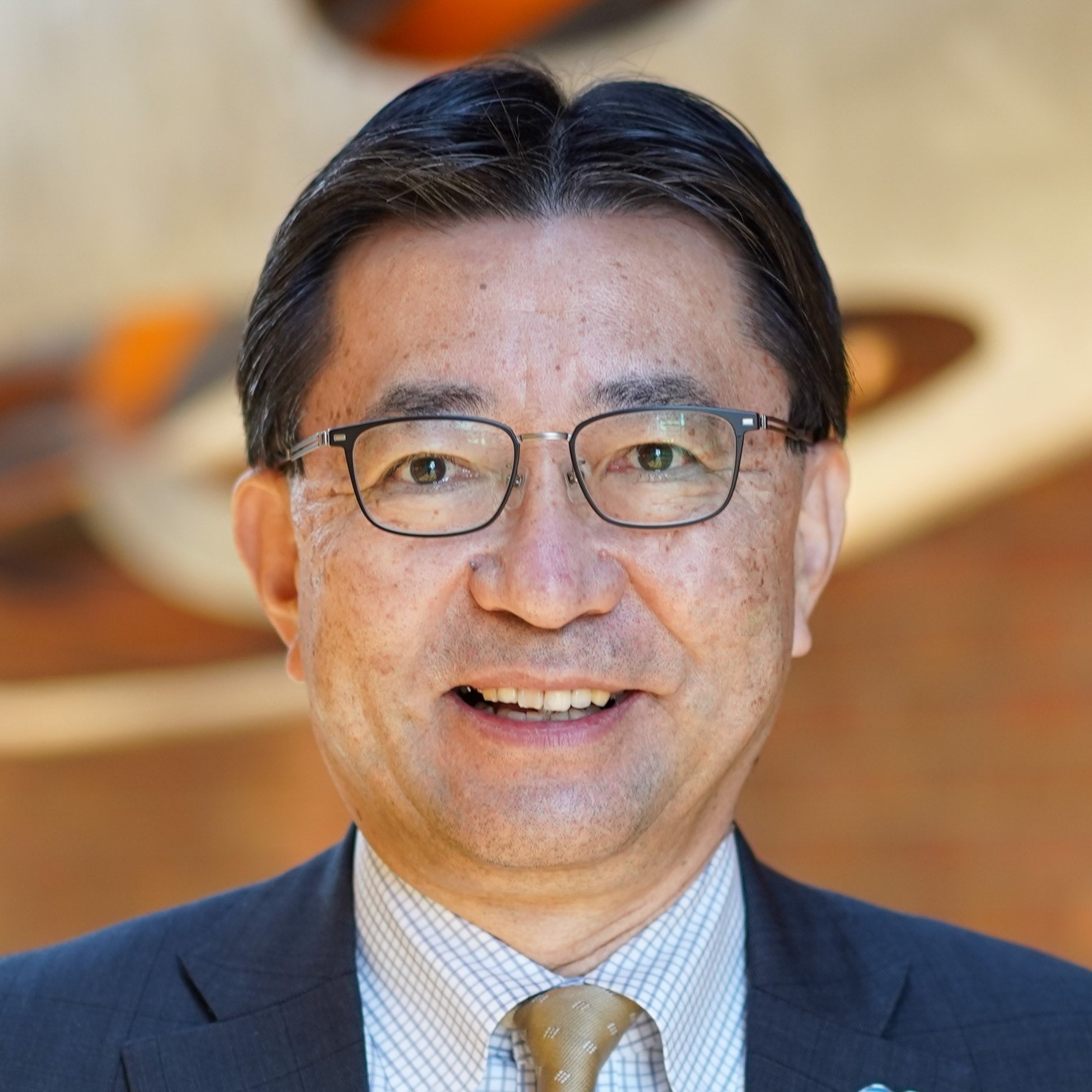
NIKI Shigeru
Director General,
Sustainable Energy Unit, Technology Strategy Center,
New Energy and Industrial Technology Development Organization (NEDO)

Bjørn Simonsen
CEO, World Wide Wind AS
Special Session
11:15 - 12:15
Special Dialogue on the Energy Transition
The world is in the early stages of a clean energy transition. Many changes to global energy systems will be needed to achieve the widely-agreed goal of net zero greenhouse gas emissions by mid-century. What does history tell us about our ability to make these changes? What policies and approaches will be needed?
In this session, Professor Vaclav Smil, Distinguished Professor Emeritus of University of Manitoba, Michael Liebreich, founder of Bloomberg New Energy Finance, and Dr. Ismail Serageldin, Emeritus Librarian of Alexandria, will share their views on the current global situation and pathways towards net zero emissions. Each will deliver remarks and take questions from the ICEF audience.

David Sandalow
ICEF Steering Committee;
Inaugural Fellow, Center on Global Energy Policy, Columbia University;
Co-Director, Energy and Environment Concentration, School of International and Public Affairs, Columbia University

Vaclav Smil
ICEF Steering Committee;
Distinguished Professor Emeritus, University of Manitoba
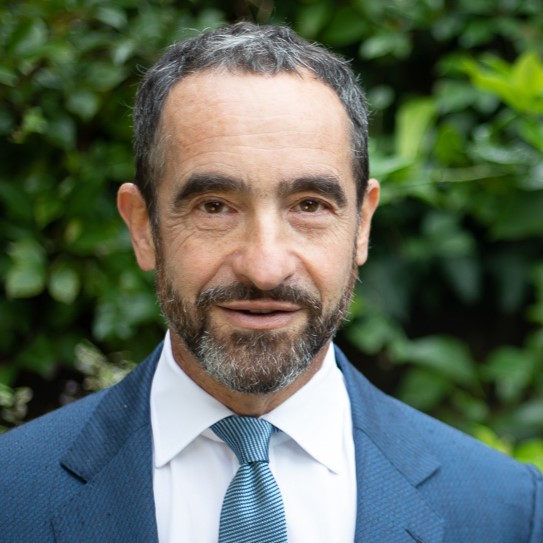
Michael Liebreich
Chairman & CEO, Liebreich Associates

Ismail Serageldin
ICEF Steering Committee;
Co-Chair of the Board of Nizami Ganjavi International Center (NGIC);
Emeritus Librarian of Alexandria;
Former VP of the World Bank
Concurrent Session 4
13:15 - 14:15
Sustainable Aviation
In 2019, before the Corona pandemic, GHG emissions from the global air transport sector were 1.2 Gt, accounting for more than 2% of total GHG emissions. Decarbonizing air transportation has been recognized as a Hard to Abate sector. The aviation industry has been working on GHG emission measures, and Sustainable Aviation Fuel (SAF) is the most developed and economically feasible today. Governments try to incentive and mandate the use of SAF, but the SAF supply capacity is far smaller than the industry target. Europe's ReFuelEU initiative expects 5% SAF blending by 2030, while current Europe's maximum SAF production capacity is as much as 0.5% SAF blending. The scale-up of SAF production is required beyond 2030, and many challenges are taking place. The aviation industry also looks into alternative fuels, such as hydrogen and electricity, but they are about to demonstrate a scale adaptability. In this Concurrent Session, we will learn the latest SAF market outlook and the technological development in alternative fuels from industry experts.
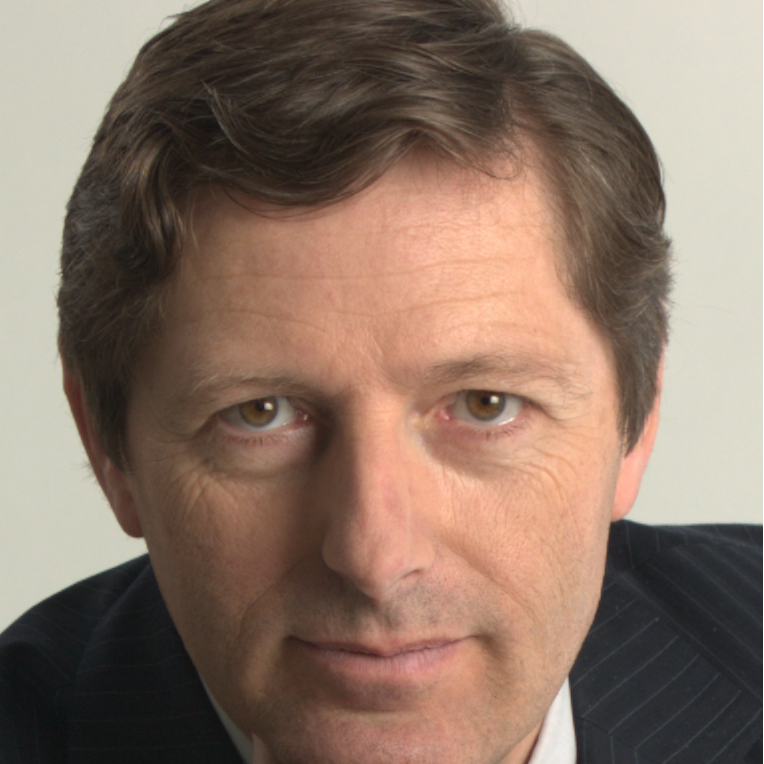
Georg Erdmann
ICEF Steering Committee;
Retired Chair of Energy Systems, Faculty of Process Engineering, Berlin University of Technology;
President of the Board, KSB Energie AG, Berlin
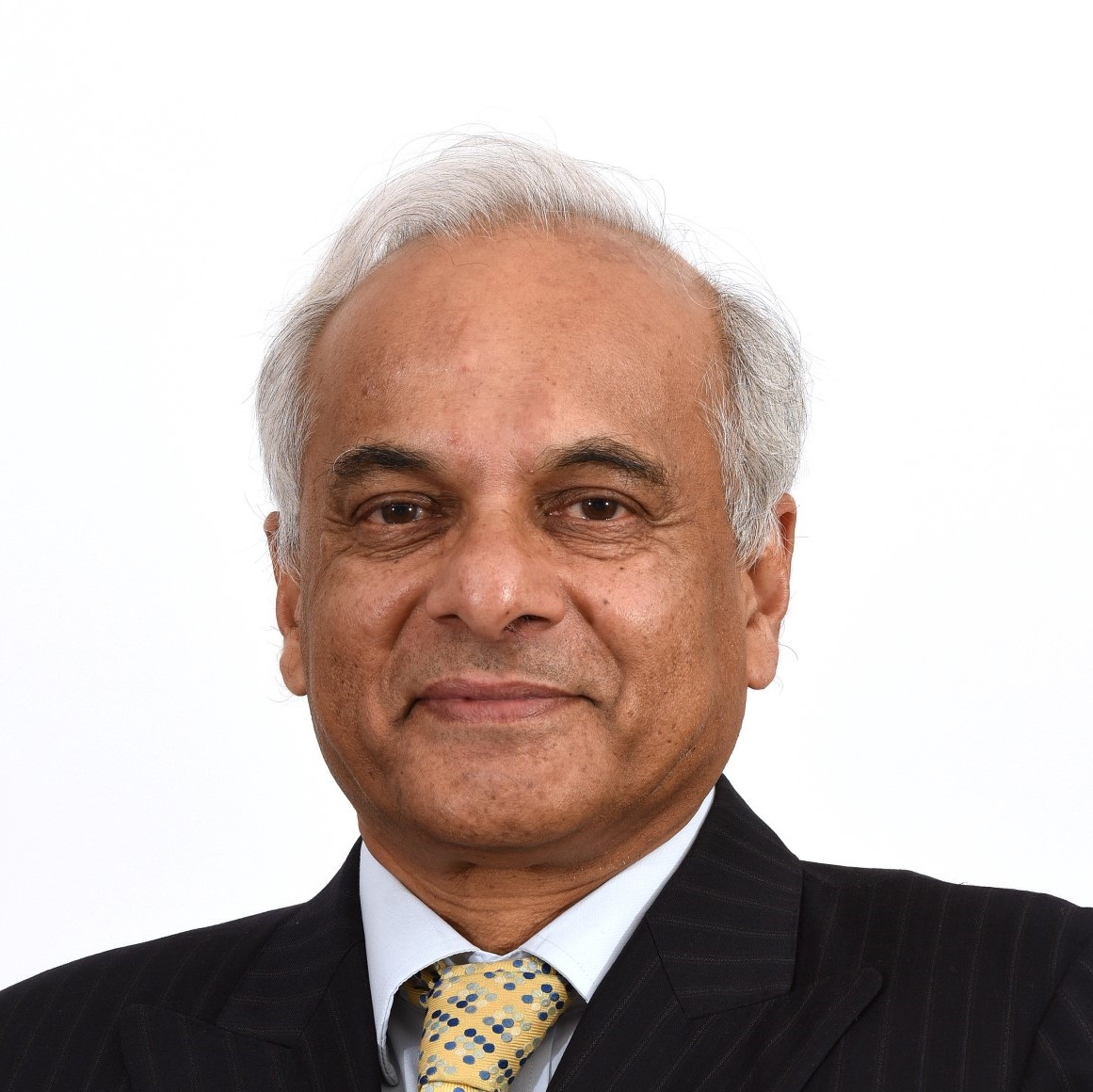
Vikram Singh Mehta
ICEF Steering Committee;
Chairman, Center for Social and Economic Progress (CSEP) Research Foundation

ENOMOTO Hiroshi
Director, Technology Strategy Center, NEDO;
Associate Prof., Institute of Science and Engineering, Kanazawa University

NISHIMURA Yuki
Program Manager, Sustainability Co-Creation Unit, JGC Holdings
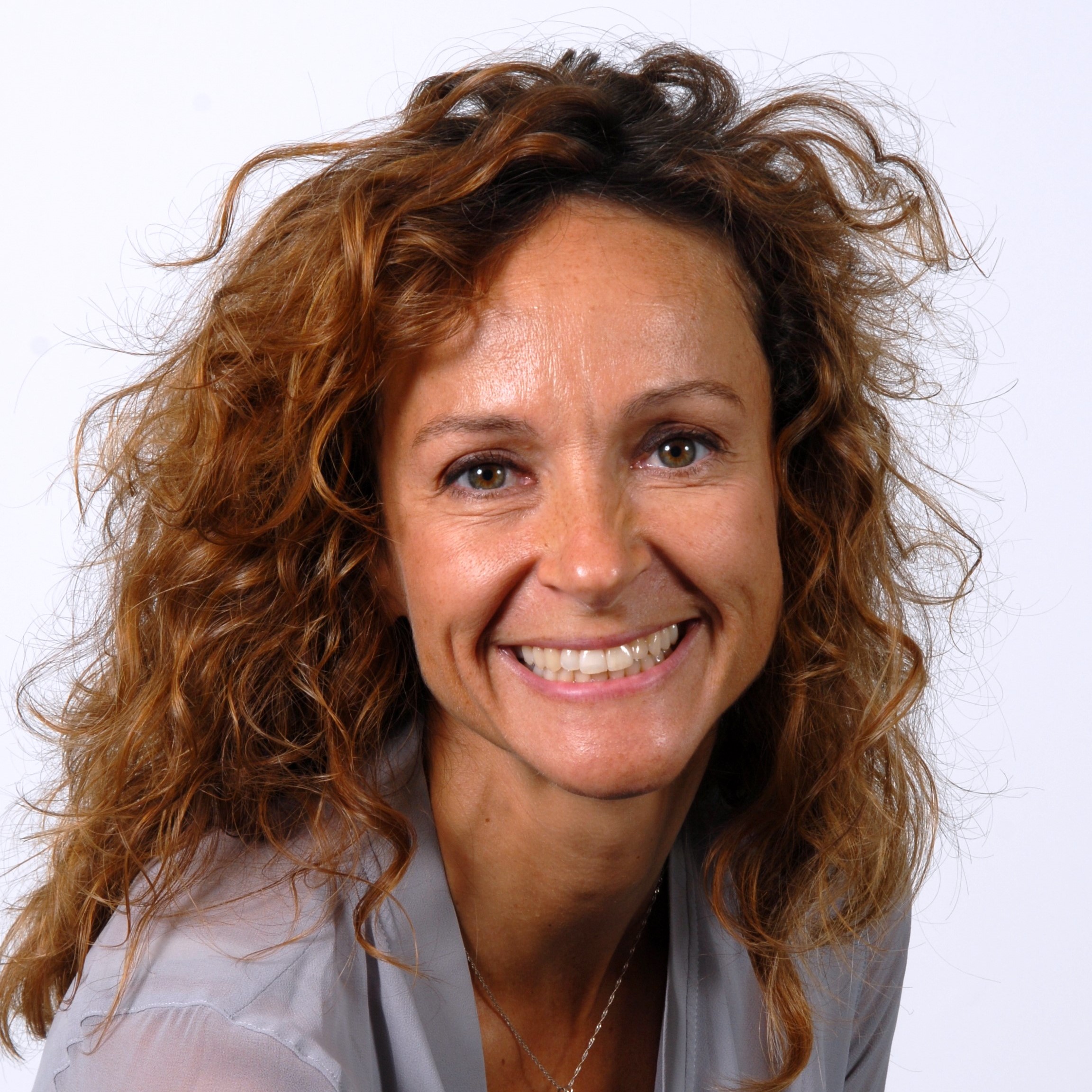
Laura Leoncini
Senior Business Developer, Energy Transition and Digital Services, Eaton

Ada Tse
Co-founder and Director, Volar Air Mobility
Other Events
14:30 - 15:30
Conversation with Young-generation Innovators
We believe that innovation is the crucial enabler for successful achievement of carbon neutrality by mid-century, especially when cross-generation talents convene their wisdom, expertise, experience, and resources to spearhead and advance accelerated transition. The future belongs to the next generation, and it is the innovators who will lead the change.
This session brings together some of the most inspiring early-to-mid-career innovators from around the world to a conversational debate with ICEF Steering Committee members who have been playing crucial roles in advancing innovation and clean energy revolution. The conversation is expected to shed light on diversity, richness, depth and impact of innovation led by young-generation experts in a wide range of scientific fields from technology to policy reform, and from decoding the nexus of food, water, energy and climate change to socio-economic synergy between clean energy revolution and the 17 UN 2030 Agenda Sustainable Development Goals. This is especially important now at the beginning of the UN International Decade of Sciences for Sustainable Development (2024-2033).

Changhua Wu
ICEF Steering Committee;
China /Asia Director, Office of Jeremy Rifkin;
Co-founder, Professional Association for China’s Environment;
Chief Strategist, CN Innovation;
Vice Chair, Governing Council, Asia Pacific Water Forum

Nebojsa Nakicenovic
ICEF Steering Committee;
Vice Chair of the Group of Chief Scientific Advisors (GCSA) to the European Commission;
Honorary and Emeritus Scholar, International Institute
for Applied Systems Analysis (IIASA);
Emeritus Professor of Energy Economics, Vienna University of Technology (TU Wien)

Andrew Zachary Fire
Professor, Pathology and Genetics, Stanford University School of Medicine

TAGUCHI Takaya
CEO, Helical Fusion Co., Ltd.

Laura Leoncini
Senior Business Developer, Energy Transition and Digital Services, Eaton

SANDO Akihiro
Senior Researcher,
Renewable Energy Institute

Trishna Nagrani
Co-founder, Kaiku

Jing Chen
Postdoctoral researcher, School of Social Sciences, Tsinghua University

WADA Natsumi
Environment and Human Rights officer,SOLIT, Inc.

Faten Attig-Bahar
Steering Committee member, Future Earth Water-Energy-Food Nexus Global Research Network
Summarizing
Plenary session
15:45 - 17:15
Overlooking the Outcome of ALL sessions ICEF2023
Share the results of each session’s discussion. Also discuss not only session themes for ICEF2024 but also future prospects for achieving carbon neutrality (e.g., policy, action, technology necessary to achieve goals for 2030 and 2050).
Closing Session
17:15 - 17:45
Closing Session
Announcement of the Roadmap by David Sandalow
(ICEF Steering Committee)

Announcement of the Statement from the Steering Committee by YAMAJI Kenji
(ICEF Steering Committee)

Final Thoughts on the Event by TANAKA Nobuo
(Chair of ICEF Steering Committee)

Closing Remarks by SAITO Tamotsu
(Chairman of New Energy and Industrial Technology Development Organization (NEDO))
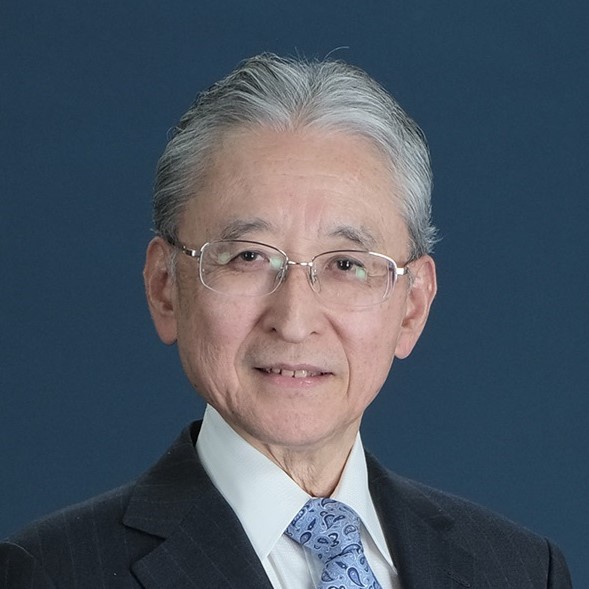
ICEF
Roadmap Project
9:30 - 10:30
ICEF Roadmap Project “Artificial Intelligence for Climate Change Mitigation”
The ICEF Artificial Intelligence (AI) and Climate Mitigation Roadmap explores the potential for AI to help achieve net zero emissions. The roadmap will explore the high potential opportunities for using AI to fight climate change (GHG emissions monitoring, grid infrastructure, manufacturing, materials innovation, food systems, and transportation), consider barriers, challenges and risks to use AI, examine policies for promoting the use of AI to contribute to climate mitigation, and offer findings and recommendations. The session aims to share the draft of Artificial Intelligence and Climate Mitigation Roadmap and explore the key questions related to AI as a decarbonization strategy in the years and decade ahead.

David Sandalow
ICEF Steering Committee;
Inaugural Fellow, Center on Global Energy Policy, Columbia University;
Co-Director, Energy and Environment Concentration, School of International and Public Affairs, Columbia University
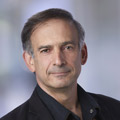
Julio Friedmann
Senior Scientist, Carbon Direct

Zhiyuan Fan
Ph.D student, research associate, Columbia University
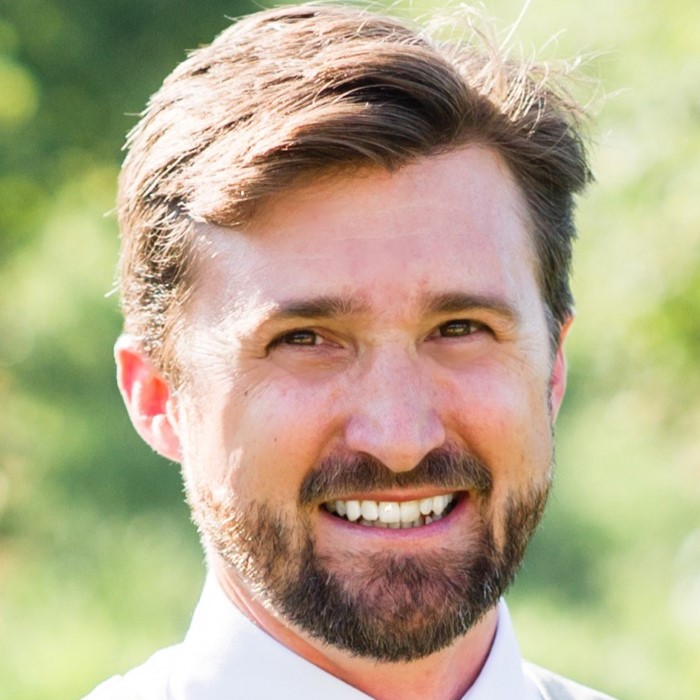
Colin McCormick
Chief Innovation Officer, Carbon Direct

Alp Kucukelbir
Associate Adjunct Professor, Computer Science, Columbia University

Trishna Nagrani
Co-founder, Kaiku
Elena Méndez Leal
School of International and Public Affairs, Columbia University
Other Events
10:45 - 12:15
The Co-hosted Event by BloombergNEF “Global and Japanese Climate Transition Scenarios: Business Opportunities and Risks”
Plausible pathways still exist for the world to get on track well below two degrees Celsius of global warming, according to BloombergNEF's long-term scenario analysis, the New Energy Outlook. The transition to a net-zero economy presents an investment opportunity of at least $194.2 trillion by 2050.
In this seminar, BloombergNEF's analysts will highlight the results of this economics and sector-led analysis to describe credible pathways to meet the goals of the Paris Agreement. Global results will be highlighted together with net-zero pathways for Japan. We will also explore the underlying risks for companies, such as potential revenue loss resulting from shifts in demand for commodities and products.
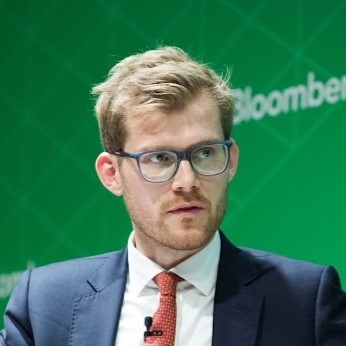
Jonas Rooze
Head of Sustainability and Climate Research, BloombergNEF
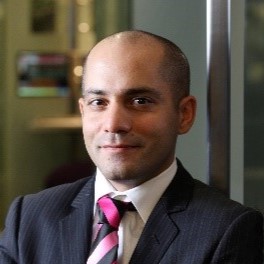
Ali Izadi Najafabadi
Head of Asia Pacific, BloombergNEF
KIKUMA Isshu
Japan Energy Senior Associate, BloombergNEF
Concurrent Session 5
13:15 - 14:15
Nuclear Fusion Technology
The importance of nuclear energy is being re-evaluated in response to the global trend toward a decarbonized society. ITER (International Thermonuclear Experimental Reactor), started in the 2000s in the framework of international cooperation, is an experimental reactor for establishing and sustaining fusion reaction technology. However, once the fusion reaction and its sustainability technology are set, a facility with power generation capacity can be realized with existing technology. In addition, the number of start-up companies spun off from universities is increasing, and the scale of investment in them is also increasing.
In this session, we will collect and share information on development of the fusion reactor, with mainly focus on new technologies and challenges to commercialization by start-up companies.

Sally Merrick Benson
ICEF Steering Committee;
Professor, Energy Science and Engineering, Stanford University;
Deputy Director for Energy and Chief Strategist for the Energy Transition, White House Office of Science and Technology Policy

TANAKA Nobuo
Chair, ICEF Steering Committee;
Former Executive Director, International Energy Agency (IEA)
CEO, Tanaka Global, Inc.
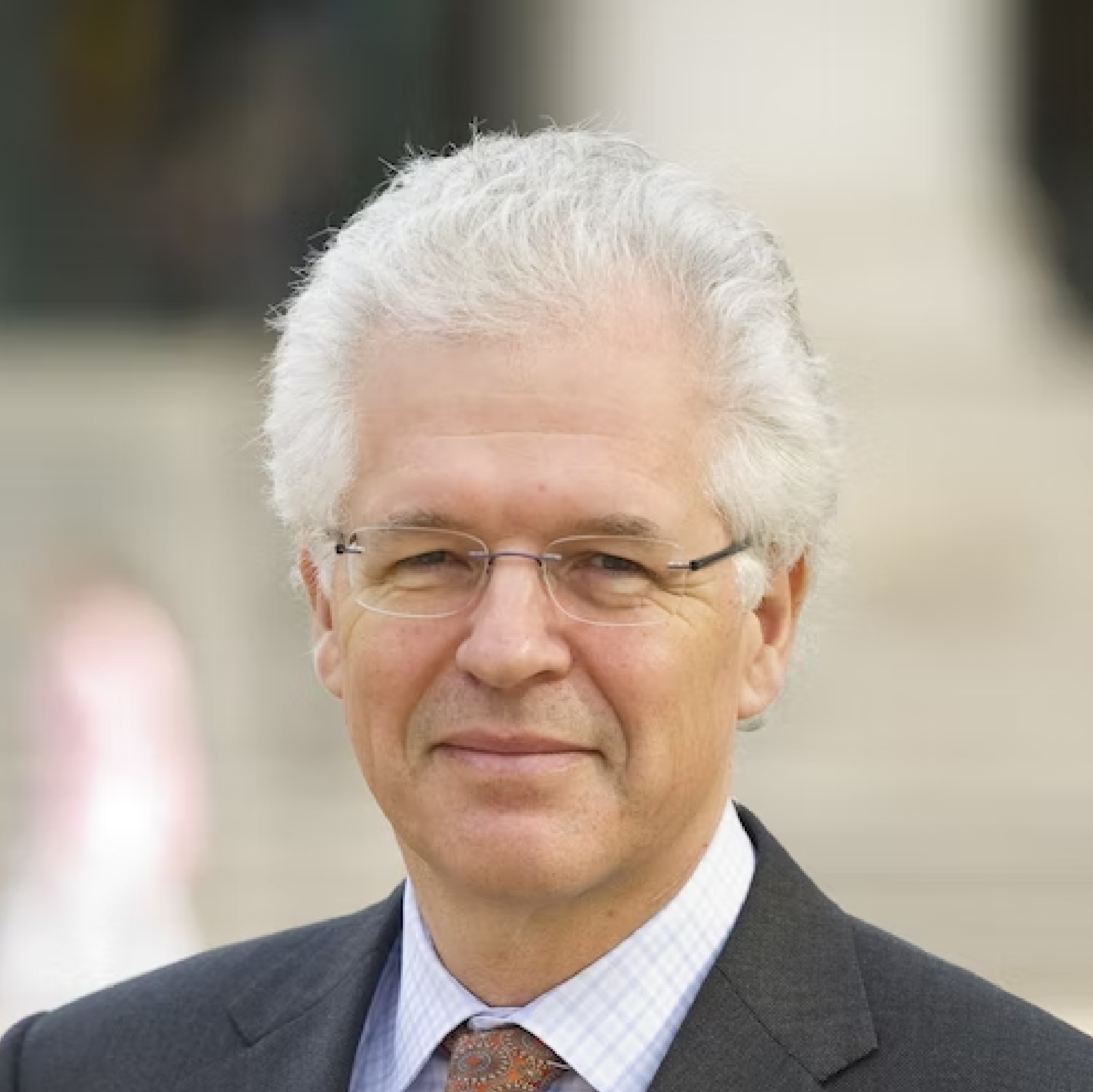
Richard K. Lester
ICEF Steering Committee;
Associate Provost,International Activities, Massachusetts Institute of Technology

TAGUCHI Takaya
CEO, Helical Fusion Co., Ltd.

Scott C. Hsu
Senior Advisor and Lead Fusion Coordinator, Office of the Under Secretary for Science and Innovation, U.S. Department of Energy
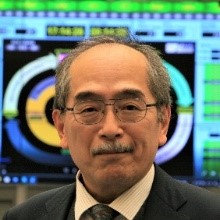
KAMADA Yutaka
Deputy Director General, ITER Organization
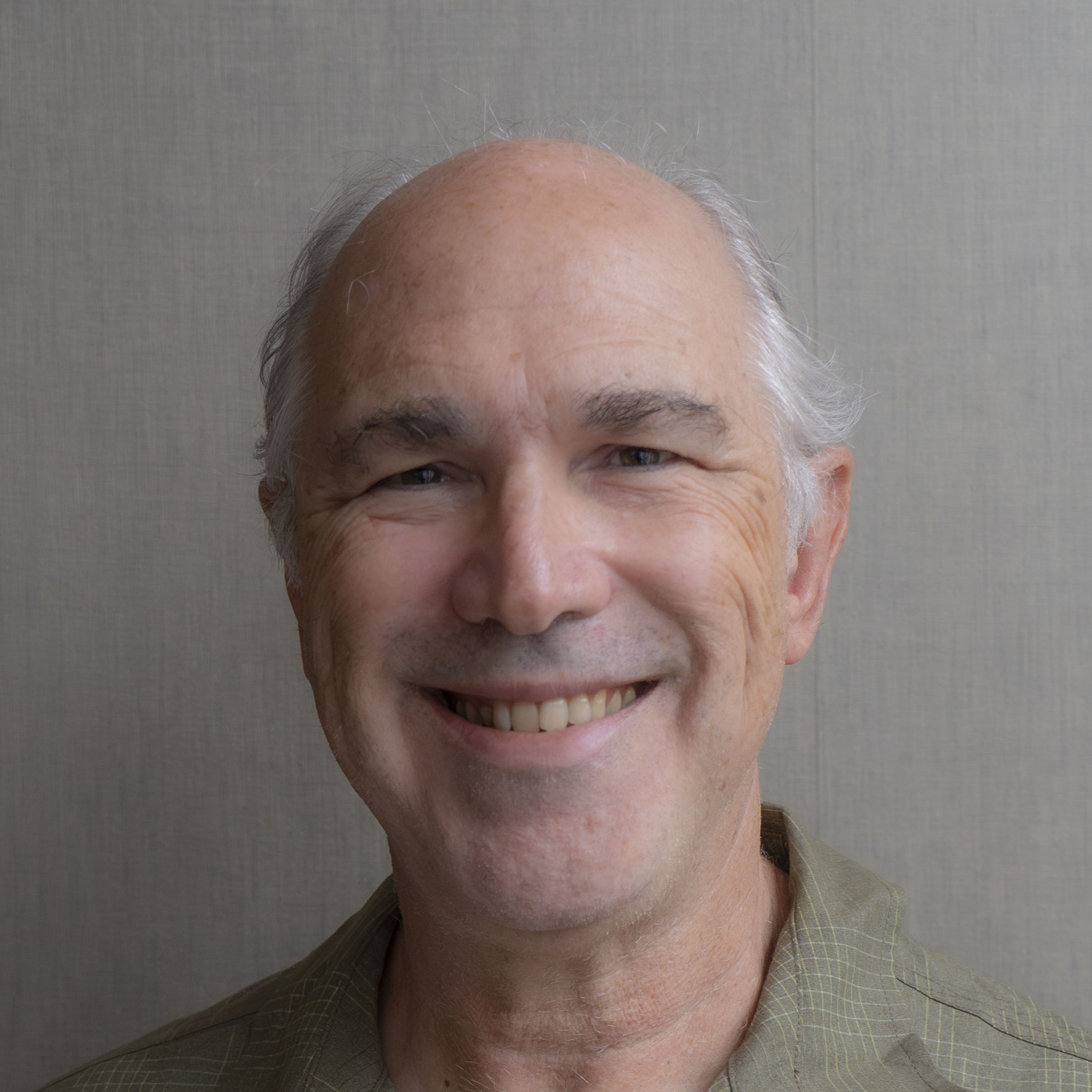
Carl Page
President and Co-Founder, Energy, Anthropocene Institute
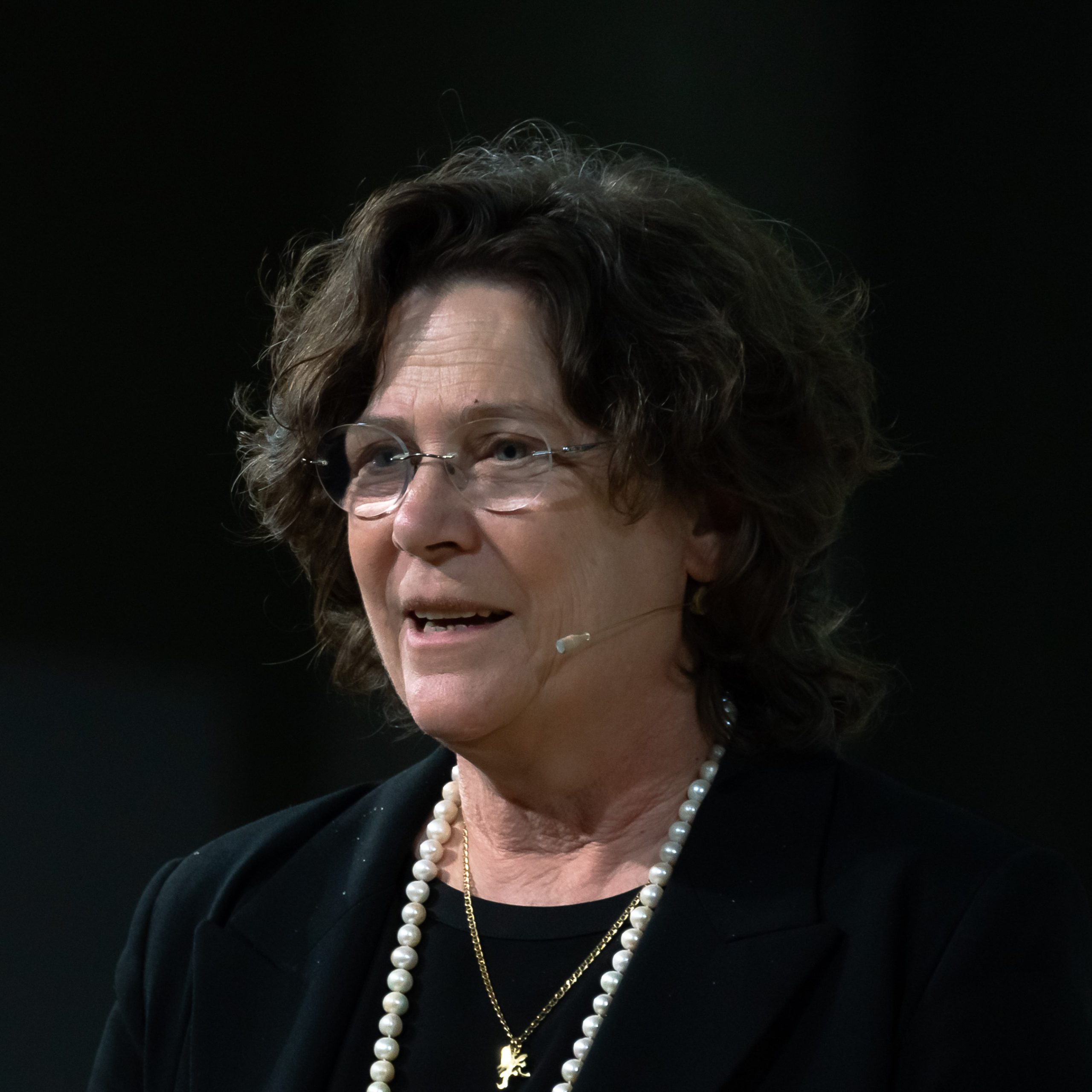
Francesca Ferrazza
Head, Magnetic Fusion Initiatives, Eni S.p.A.
Other Events
14:30 - 16:00
The Co-hosted Event by UNIDO “Making just transitional changes towards deep decarbonisation in steel and cement industries - how to stimulate supply and demand for low to zero carbon products”
Steel and cement industries provide essential goods and materials in our modern lifestyle. Moving ahead, we need to find practical yet ambitions ways to decouple energy use and production growth and address associated GHG emission while appropriately filling gaps in supply and demand for low to zero products by mobilizing technology and finance in these sectors. In order to make transition for sustainable steel and cement industry productions and development in alignment with Paris climate goal and more broadly the UN sustainable development goals, there are yet existing challenges and barriers which needed to be addressed. The side event will discuss current global trends in the sectors including ongoing initiatives towards decarbonisation in the steel and cement industry to enhance understanding on possible harmonized measures and enabling conditions as well as facilitative roles which international partnerships and cooperation can play for the industry to take actions, without compromising economic growth and environmental integrity.
SUZUKI Yoshinari
Industrial Development Officer, Division of Decarbonization and Sustainable Energy,United Nations Industrial Development Organization (UNIDO)
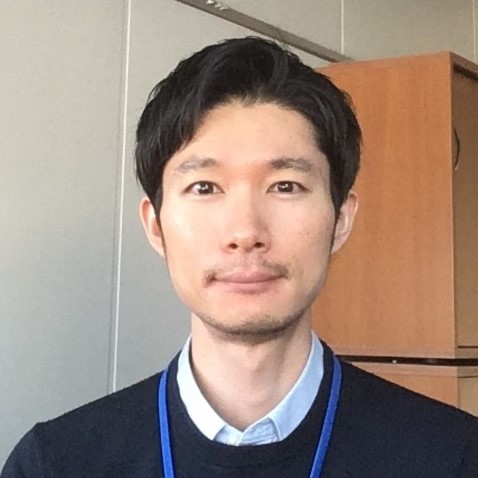
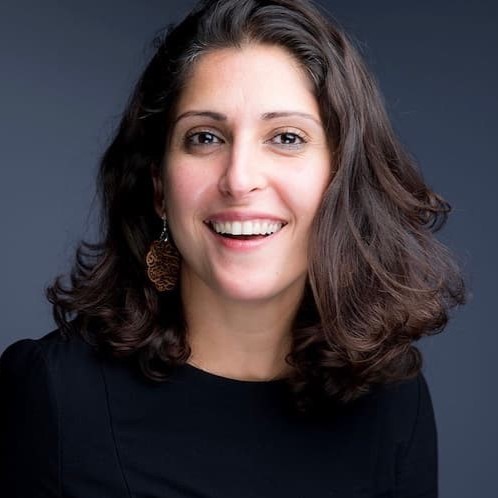
Rana Ghoneim
Chief, Energy Systems and Industrial Decarbonization Unit, United Nations Industrial Development Organization (UNIDO)
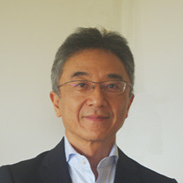
DOHNOMAE Hitoshi
Chair, International Environmental Strategic Committee, The Japan Iron and Steel Federation
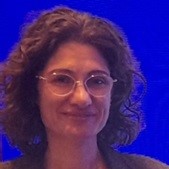
Canan Derinöz Gencel
Director, Environment and Climate Change Department, Turkish Cement Manufacturer Association (TURKCIMENTO)

Thomas Guillot
Chief Executive, Global Cement and Concrete Association
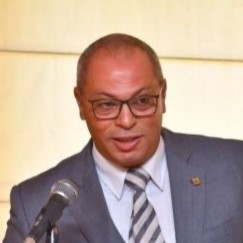
Ayman Fathy
Product Development & Quality Control Executive Manager, EZZ Steel
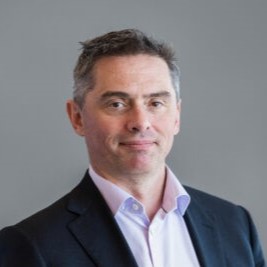
Chris Bataille
Adjunct Research Fellow, Columbia University Centre on Global Energy Policy (CGEP)



